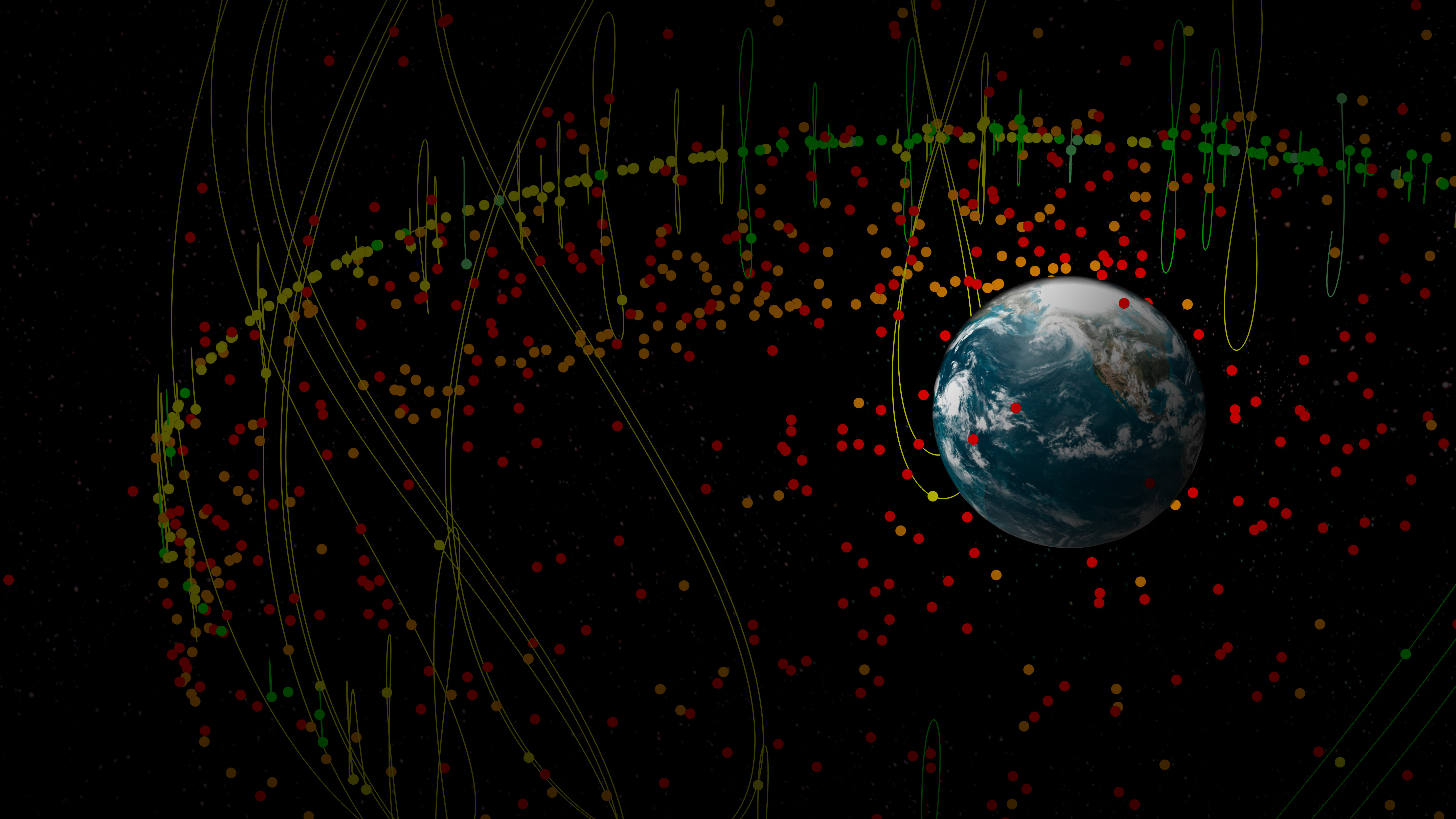Version 2.38
42 endorsees and counting!
If your organization would like to endorse the “Best Practices for the Sustainability of Space Operations” document and participate in the SSC, here is how to participate!
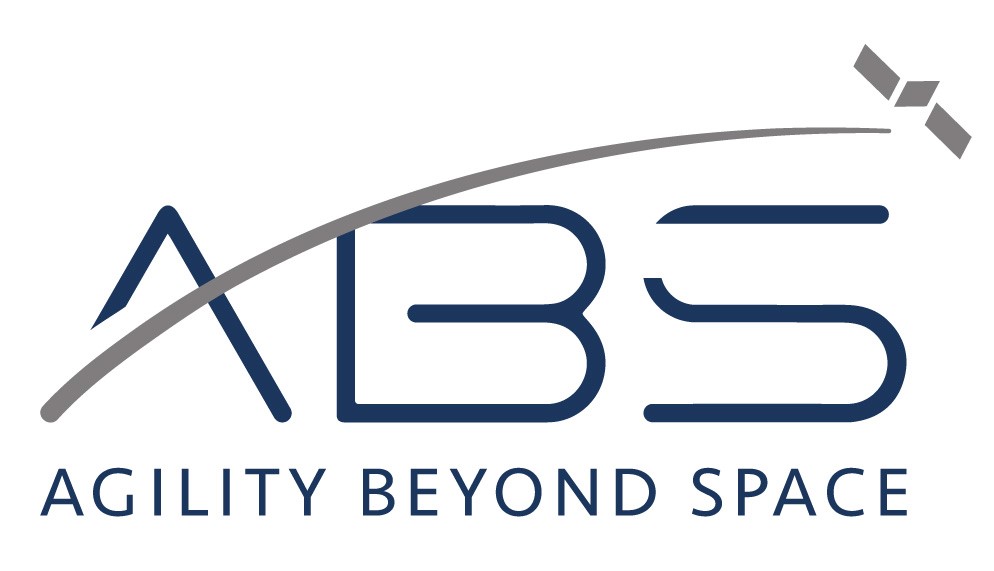 |
 |
ABS has become one of the leading global satellite operators since our establishment in 2006. After 14 years, we have successfully operated eight satellites, including two satellites safely retired, and have executed ten other safe drifts of satellites.
At ABS, we are dedicated to providing flexible yet affordable connectivity to 93% of the world’s population, while maintaining safe operations in the Geostationary belt. ABS is excited to join the Space Safety Coalition and follow its Best Practices for the Sustainability of Space Operations.
ABS began with the acquisition of the LMI-1 satellite (now ABS-6) which was followed by the acquisition of two satellites in 2008: Agila-2 (renamed ABS-3) and Koreasat-2 (renamed ABS-1A), both satellites were retired following IADC guidelines in 2017 and 2015 respectively. This successful repurposing of existing satellites demonstrates the ABS dedication to maximizing resources in the GEO environment. In 2010, the company grew further with the acquisition of Koreasat-3 (now ABS-7). Between 2014 and 2016, we built and launched three new satellites, ABS-2, ABS-2A and ABS-3A (the latter two representing the first all-electric programs in the industry), and also acquired MBSat-1 (now ABS-4).
ABS performs Satellite Operations in our Satellite Control Center in Subic Bay, Philippines, and with our redundant center in Manila, we utilize four TT&C facilities world-wide plus third-party tracking services to monitor satellite health and positioning in the GEO belt. ABS is headquartered in Bermuda, with offices across the world, including the United States, United Arab Emirates, South Africa, Philippines, Indonesia and Hong Kong.
|
 |
 |
The Aerospace Corporation is uniquely positioned to provide independent and objective analysis of orbital debris mitigation and the long-term sustainability of outer space. Throughout its history, The Aerospace Corporation has directly supported space operations for our government customers. Specifically, we have a long history supporting space surveillance and space situational awareness and, as such, we have experts on space environment modeling and data collection.
For over thirty years, The Aerospace Corporation has studied orbital and reentry debris issues and for over twenty years has operated our Center for Orbital and Reentry Debris Studies (CORDS), which specifically examines operational concerns such as collision avoidance and long-term evolution of the near-Earth debris population. CORDS supports the Air Force and NASA through modeling and engineering analysis and is part of the delegation to the Inter-Agency Space Debris Coordination Committee (IADC). The Aerospace Center for Space Policy and Strategy (CSPS) is dedicated to shaping the future of space by providing nonpartisan research and strategic analysis to decision makers. The Aerospace Corporation welcomes the opportunity to participate in the discussion and further development of best practices for the sustainability of space operations. Aerospace is providing these comments as an independent organization with relevant expertise. We are not providing these at the direction of, or on behest of any government agency that we support.
|
 |
 |
Airbus SKYNET Operations Team are a responsible operator of ComMilsatCom spacecraft providing secure communications to UK government and other third party government organisations around the world.
The SKYNET operations team have been responsible operators for many years, they were the first non-founding member of the Space Data Association (SDA) and have held a standard member director position on the SDA board since the organisations inception. The SKYNET operations team also have a close relationship with 18th Space Control Squadron (18SPCS) in the United States for Conjunction Analysis (CA) services in conjunction with the UK Space Operations Centre (UKSpOC) and also have an in house capability for CA/SST. Through the use of the SDA, 18SPCS and other organisations the SKYNET operations teams shows it is commitment to CA/SST/SSA/STM and endeavours to keep up with if not exceed industry best practice and to support those who strive to improve space flight safety. The SKYNET operations team also support international standardisation in space debris mitigation and SSA though the involvement of the SKYNET Flight Dynamics Team in the British Standards Institute ACE068 panel for Space Debris Mitigation standards, ISO/TC20/SC14 Space Operations and Ground Support standardisation, and CEN/CENELEC/TC5 SSA Standards.
|
 |
 |
Spacecom is a global fixed-satellite operator and satellite service provider, owner of the AMOS satellite fleet. Spacecom’s solutions include pure capacity, managed services, professional services, turn-key solutions, Cellular Backhaul, trunking solutions as well as broadcast, data and broadband satellite services.
Spacecom has always put Space Safety in high priority, from the design to operation and eventually deorbiting of its Satellites we have been meticulously following all the relevant best practices. Consequentially Spacecom was among the first companies to join Space Data Association and Space Safety Coalition, as we believe collaboration between all stakeholders is essential to achieve success.
|
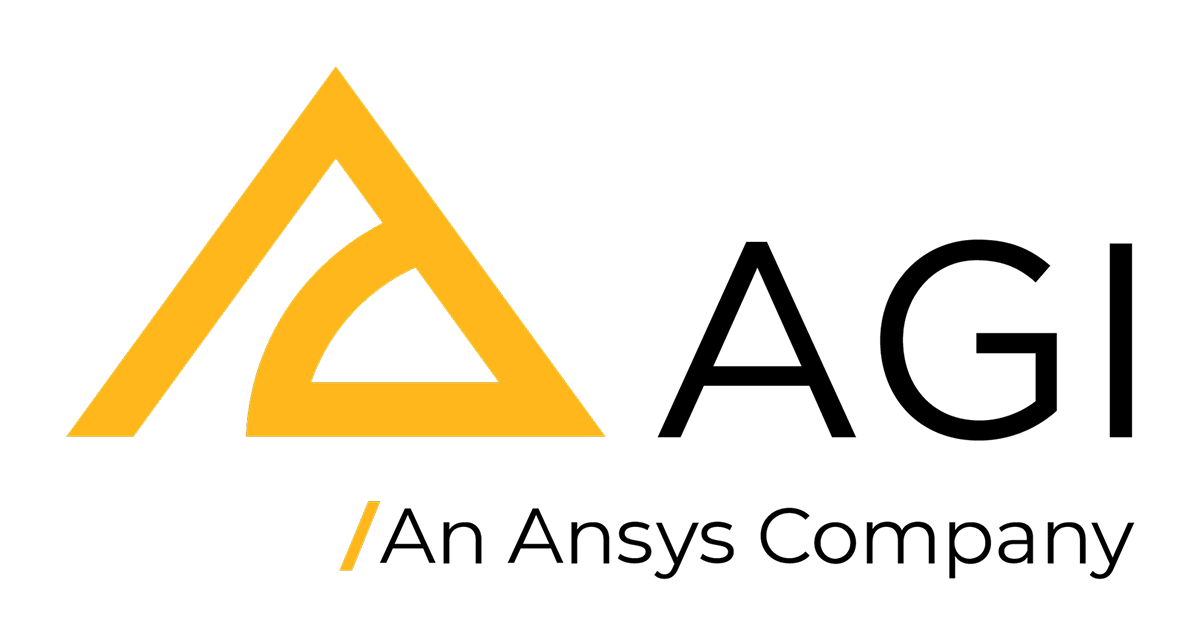 |
 |
AGI develops multi-domain, mission-level software to design, operate, and analyze complex engineering systems on a common operating platform.
Through its research arm, the Center for Space Standards and Innovation, and its SSA/STM subsidiary, the Commercial Space Operations Center, AGI is a leading contributor to the development of safe and sustainable space operations.
|
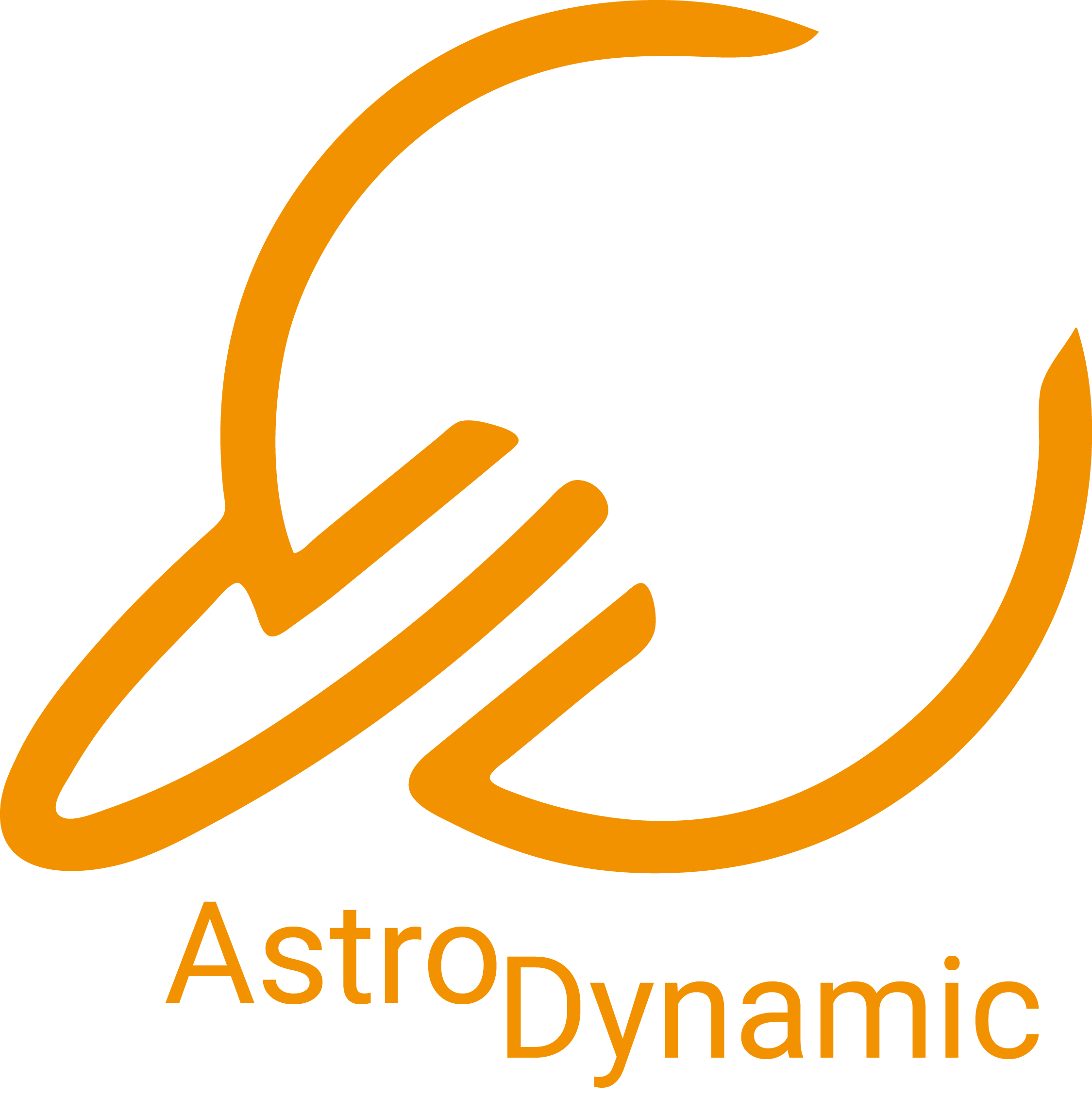 |
 |
Astro Dynamic is a cutting-edge start-up that’s revolutionizing the way businesses Utilise Earth Observation Data and is dedicated to the safe, sustainable growth of our space environment for all. Our innovative ecosystem aggregates information from multiple sources and streamlines the supply, export, security, and licensing process, incorporating lifecycle services for payload operators. Our mission is to help businesses make better decisions by providing them with accurate, reliable, and timely data. We understand the challenges that come with managing data from various sources, which is why we’ve developed a solution that simplifies the entire process.
What sets us apart is our commitment to innovation and customer satisfaction. We’re constantly evolving our platform to meet the changing needs of our clients and stay ahead of the competition. Our team is dedicated to providing exceptional service and support to ensure that you get the most out of our platform.
|
 |
 |
Astroscale is one of the few companies in the world proposing to aid in the removal of orbital debris through the provision of End of Life (EOL) and Active Debris Removal (ADR) services.
In addition to providing a technical solution, Astroscale is helping to define the business case for this service and is working with national space agencies, international institutions, non-profit organizations, insurance companies and satellite operators to develop norms, regulations and incentives that contribute to the responsible use of space resulting in the long-term sustainability of space.
|
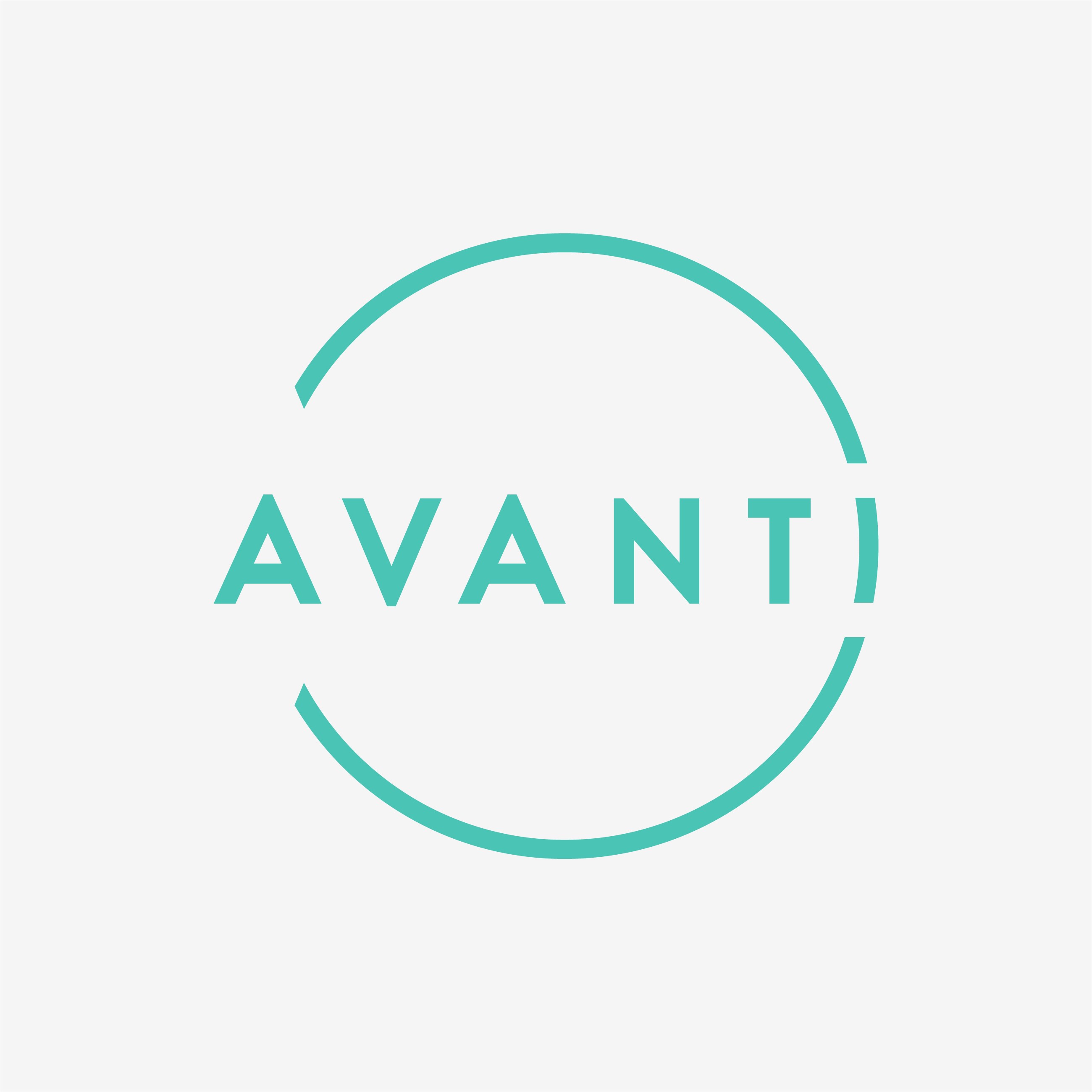 |
 |
|
 |
 |
Benchmark Space Systems is an industry leading in-space mobility partner, delivering products and solutions supported by a broad propulsion portfolio supporting mission partners from initial concept through decommissioning. Founded in 2017 to develop green propulsion technologies and provide flexible, pre-integrated solutions, Benchmark has quickly grown to provide a product portfolio of turn-key chemical, electric, and hybrid (CP + EP) propulsion systems for 3U cubesat through ESPA and Orbital Transfer Vehicle (OTV) class spacecraft in LEO, GEO, and beyond. With a focus on enabling accessibility and sustainability of a democratized space domain, Benchmark’s innovations include flight-proven mobility systems and SmartAIM Guidance Navigation and Control software.
Benchmark conducted thorough market research, analysis, and R&D activities over the years to create cost-effective and feasible solutions for controlled deorbiting and collision avoidance. The company is dedicated to supporting the industry in meeting regulatory obligations while considering the functional and economic elements of in-space activities.
|
 |
 |
COMSPOC Corporation provides industry-leading flight safety, Space Situational Awareness (SSA), and Space Traffic Coordination and Management (STCM) services that are well-grounded in comprehensive multi-source data aggregation, data-agnostic fusion, and advanced analytics.
COMSPOC’s Center for Standards and Innovation (CSSI) continues its two decades of developing space standards, codifying and promoting industry best practices, developing advanced astrodynamics algorithms and conducting orbital debris mitigation research, all with the goal of facilitating the safe and efficient use of space.
|
 |
 |
Digantara is a space situational awareness company that is building an end-to-end infrastructure for easing space operations and space traffic management through its pioneering Space – Mission Assurance Platform. The company’s integrated sensor network comprising ground-based and space-based sensors will provide persistent and comprehensive awareness in the outer space environment. The Space – Mission Assurance Platform will serve as a one stop solution for all space operations with products offered through a data feedback loop using multi modal data sets. This platform will be as powerful and sophisticated as Google Maps, serving as a foundational layer for space operations and astrodynamics research.
At Digantara, we are committed to space safety and sustainability. We look forward to promoting these objectives by endorsing the Space Safety Coalition’s Best Practices for the Sustainability of Space Operations.
|
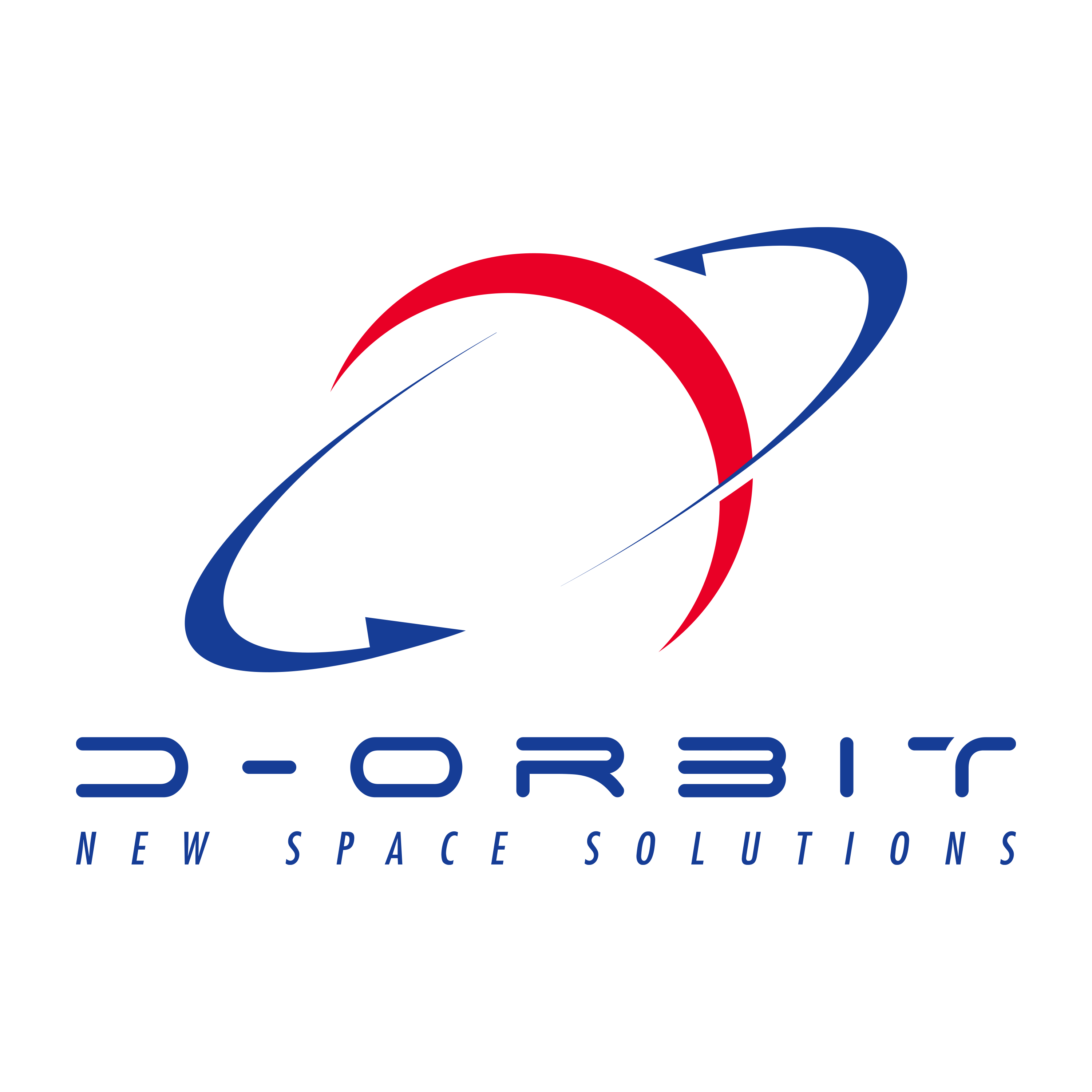 |
 |
D-Orbit SpA is an Italian New Space company with solutions covering the entire lifecycle of a space mission, including mission analysis and design, engineering, manufacturing, integration, testing, launch, and end-of-life decommissioning.
As a for-benefit corporation, D-Orbit regards space as a new non-infinite natural resource which offers enormous possibilities for scientific research, commercial profit and the expansion of the human race, and which needs to be treated in a sustainable way in order to ensure its use is safe, profitable and durable both for scientific and commercial purposes.
|
 |
 |
ENPULSION is an Austrian company based in Wiener Neustadt, which was founded in 2016 and already became in 2018 the global market leader for propulsion systems for nano- and microsatellites, most of which are no heavier than 100kg. ENPULSION’s propulsion solutions are based on Field-emission Electric Propulsion (FEEP) technology which is environment-friendly as opposed to chemical propulsion systems, and characterized by their efficiency and modularity facilitating spacecraft integration. FEEP thrusters enable a wide variety of applications and missions requiring precise and reliable In-Orbit Mobility that are essential to tackling space debris generation and proactively preserving orbital resources for future generations.
These missions typically include accurate attitude control, orbital life extension, formation flying and constellation control, orbit raising, and highly efficient deorbiting or end-of-life maneuvers. ENPULSION´s own in-orbit support team provides technical support to satellite operators before and after the deployment of their satellites to facilitate space operations related to the direct use of thrusters. This technical support includes expert advice and systematic telemetry analysis among other services. In 2022, ENPULSION joined the Net Zero Space Initiative from the Paris Peace Forum in 2022 committing to the three following pledges: 1) to further develop support for satellite operators to ensure the success of their deployment strategies, 2) to promote sustainable practices for the end-of-life disposal of satellites, especially for constellations, and 3) to proactively support awareness raising activities on Space Sustainability, especially on the issue of space debris, through PR efforts and sharing in-house expertise.
|
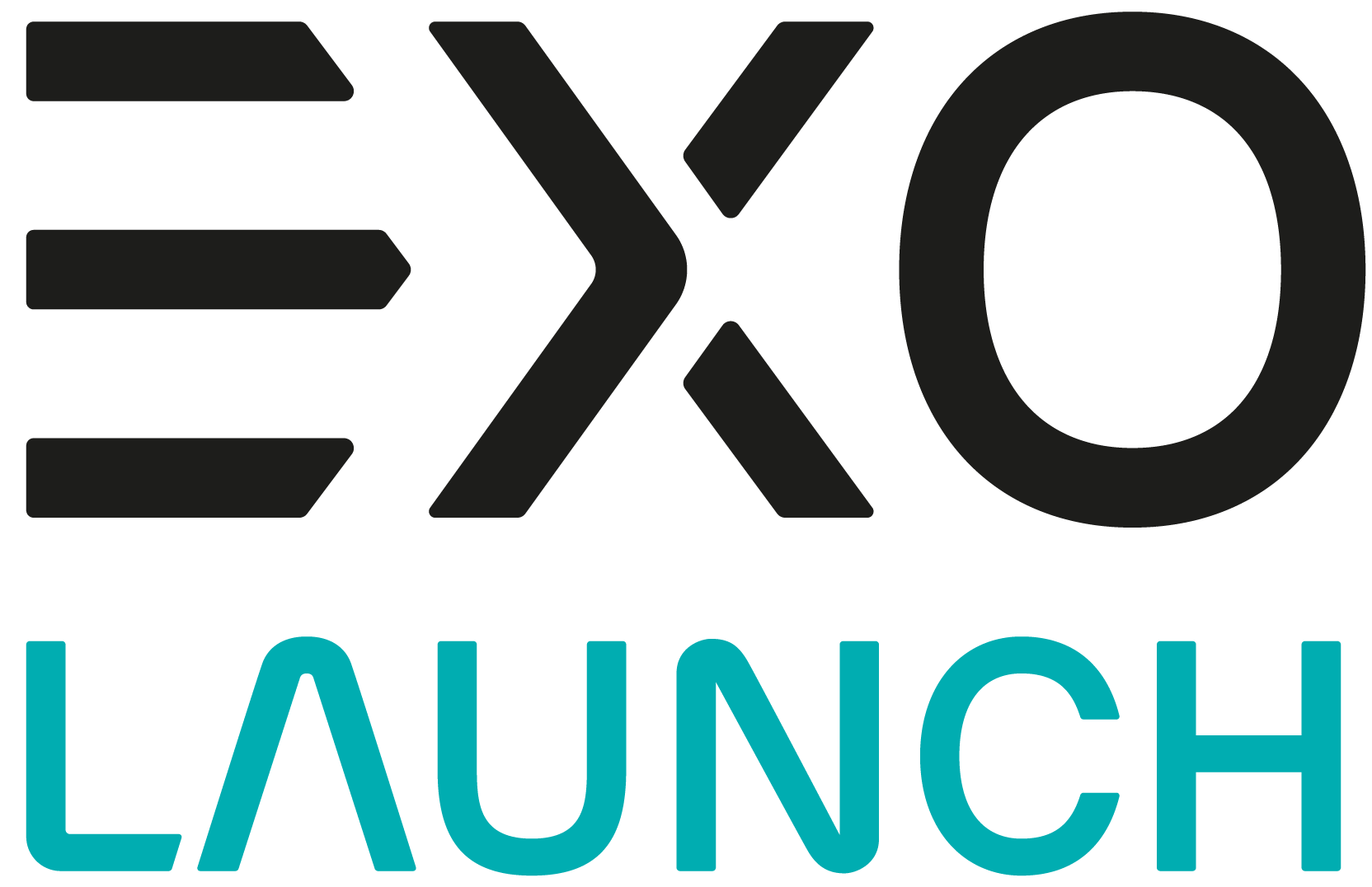 |
 |
Exolaunch GmbH is a global leader in rideshare launch, integration, deployment and in-space logistics products and services for the New Space industry. With a decade of flight heritage and 230+ satellites launched over 17 missions via a range of global launch vehicles, Exolaunch leverages keen industry insight to develop tailored turnkey solutions to meet customer needs and address market trends. Exolaunch fulfills launch contracts for New Space leaders, the world’s most innovative startups, research institutions, government organizations and various space agencies. The company also manufactures flight-proven and industry-leading small satellite deployers and develops a line of environmentally friendly orbital transfer vehicles (OTVs), known as Reliant, for last-mile satellite delivery, in-space logistics and space debris removal. Exolaunch is committed to make orbit accessible to all and to promote the safe, sustainable and responsible use of space.
|
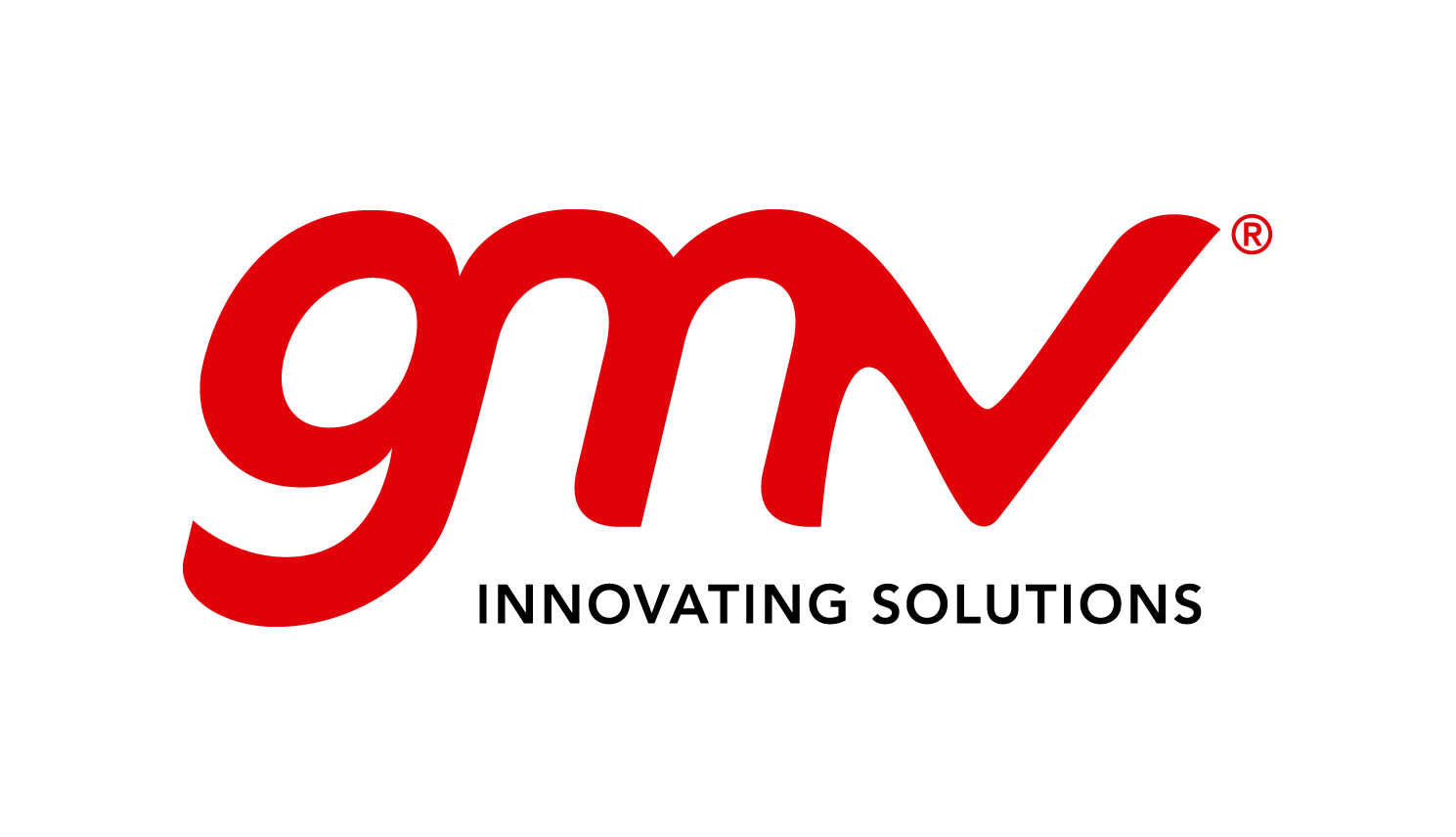 |
 |
GMV is the most relevant European industrial player in SST with 50+ engineers in 6 countries. GMV developed most of ESA’s SST processing infrastructure and integrated the overall ESA’s SST Core Software, being the main contributor to the ESA’s SST system within the SSA program.
GMV runs relevant SST-related national activities in Europe including the SST Ops Centre development in Spain, Poland and Romania; the SST Ops Centre operations in Spain; and a large number of space debris activities for CNES in France, UKSA&Dstl in the UK and DLR in Germany. GMV counts on proprietary operational COTS software solutions covering the whole SST value chain from data processing to service provision and owns and runs a dedicated Ops Centre (focusoc). focusoc provides 24×7 commercial collision avoidance services to 10+ operators and 80+ satellites based on the use of the JSpOC SP catalogue and dedicated data from collaborating SST sensors worldwide.
|
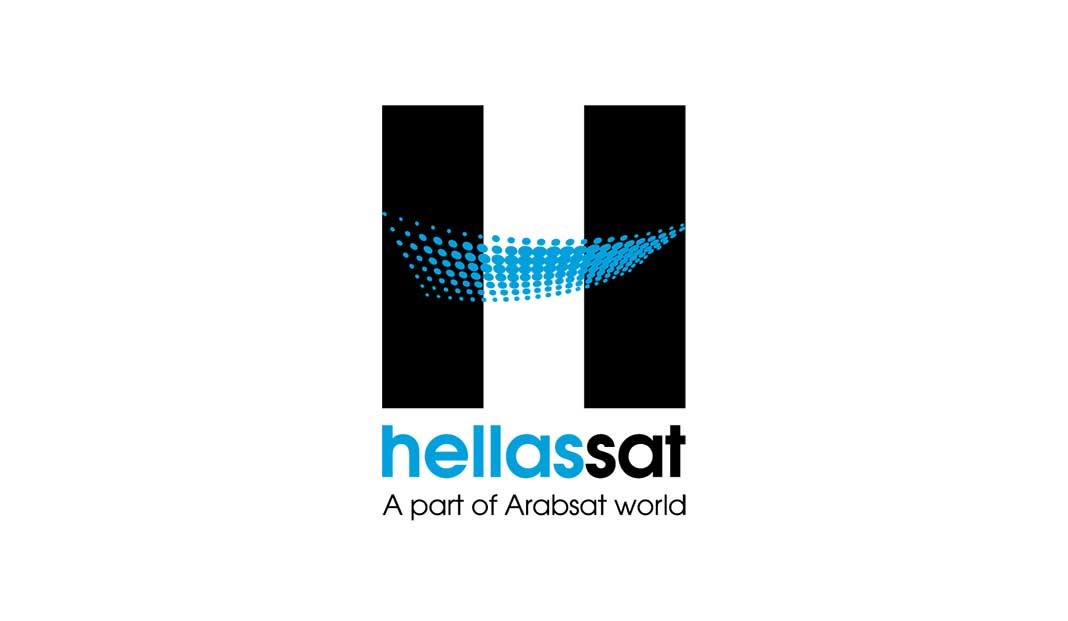 |
 |
Hellas Sat is a leading Satellite operator with commercial solutions that bridge the demand for wide coverage and high-quality services in the demanding territory of broadcasting & telecommunications.
Hellas Sat fleet has become the key player in the European, Southern Africa and Middle East region providing data, broadcast, occasional use and managed services to the highest standards in the satellite services industry.
|
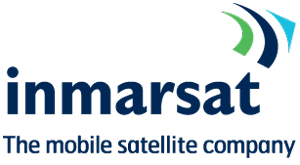 |
 |
As the pioneer and world leader in mobile satellite communications, Inmarsat has been powering global connectivity for four decades. Set up by the International Maritime Organization (IMO) in 1979 to provide a satellite communications network that would protect the lives of mariners anywhere at sea. We were the first satellite operator to meet the stringent requirements of the Global Maritime Distress and Safety System (GMDSS) and the International Civil Aviation Organization (ICAO) for global safety communications.
Today, Inmarsat operates the world’s only global L and Ka-band networks; networks specifically designed to meet the challenges of providing secure mobile communications. We provide governments, commercial enterprises and humanitarian organisations with mission-critical voice and high-speed data communications on land, at sea and in the air.
|
 |
 |
|
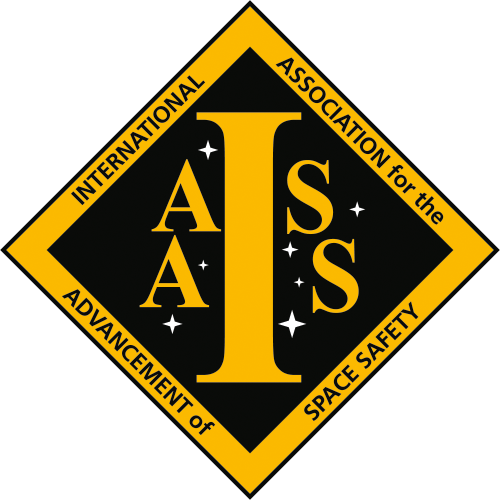 |
 |
The IAASS is active in the field of space safety and sustainability since 2004. The space safety field, from launch and re-entry, to space debris, human exploration, and space traffic control is by its own nature very much a global interest which often extends beyond the institutional contacts and cooperation which government agencies already maintain.
Space safety is a common interest of all three communities operating in space, namely the civil, military and commercial communities. There is no other interest which is so binding and unifying for all three communities as space safety. As you may have seen at the L.A. Conference, the membership of IAASS is truly international and includes many of the top scientists, engineers and managers operating in the field of Space Safety and Sustainability. Ten years ago, IAASS launched the Manifesto (attached) which goes very much along the lines of the Coalition. We fully endorse the Best Practices of the Space Safety Coalition and we are ready to mutually cooperate by making available some means like publication of articles in the IAASS Journal of Space Safety Engineering, which has a worldwide distribution, and the possibility to give presentations at UN COPUOS, where we are official Observers.
|
 |
 |
Iridium operates the world’s only truly global satellite communications network, connecting people, enterprises, governments, and things. Featuring a constellation of 66 crosslinked LEO satellites, no other network offers the reach, resiliency, or capabilities that have made Iridium the network of choice for more than a million subscribers around the world.
As the first operator to lose an operational satellite in what could have been a preventable crash with a defunct satellite, Iridium was and continues to be instrumental in advocating for and establishing the data sharing environment to prevent future collisions. Iridium has also been the only first-generation constellation to actively deorbit the majority of its block 1 satellites and aims to inspire the industry to do better for the sustainability of access to space by all.
|
 |
 |
Kall Morris Inc (KMI) is an orbital debris research and solution development company founded in Marquette, Michigan, focused on efficient, repeatable, non-destructive Active Debris Removal.
Working from first principles, KMI is developing scalable ADR technologies for characterizing unrecognized objects and capturing unprepared surfaces. To do this, KMI uses a process that removes obstacles and advances abilities through resourcefulness and efficiency. KMI is taking on orbital debris as the first challenge along the way to developing the future of space for all humanity, and welcomes all to join in the solution for #KeepingSpaceClearForAll.
|
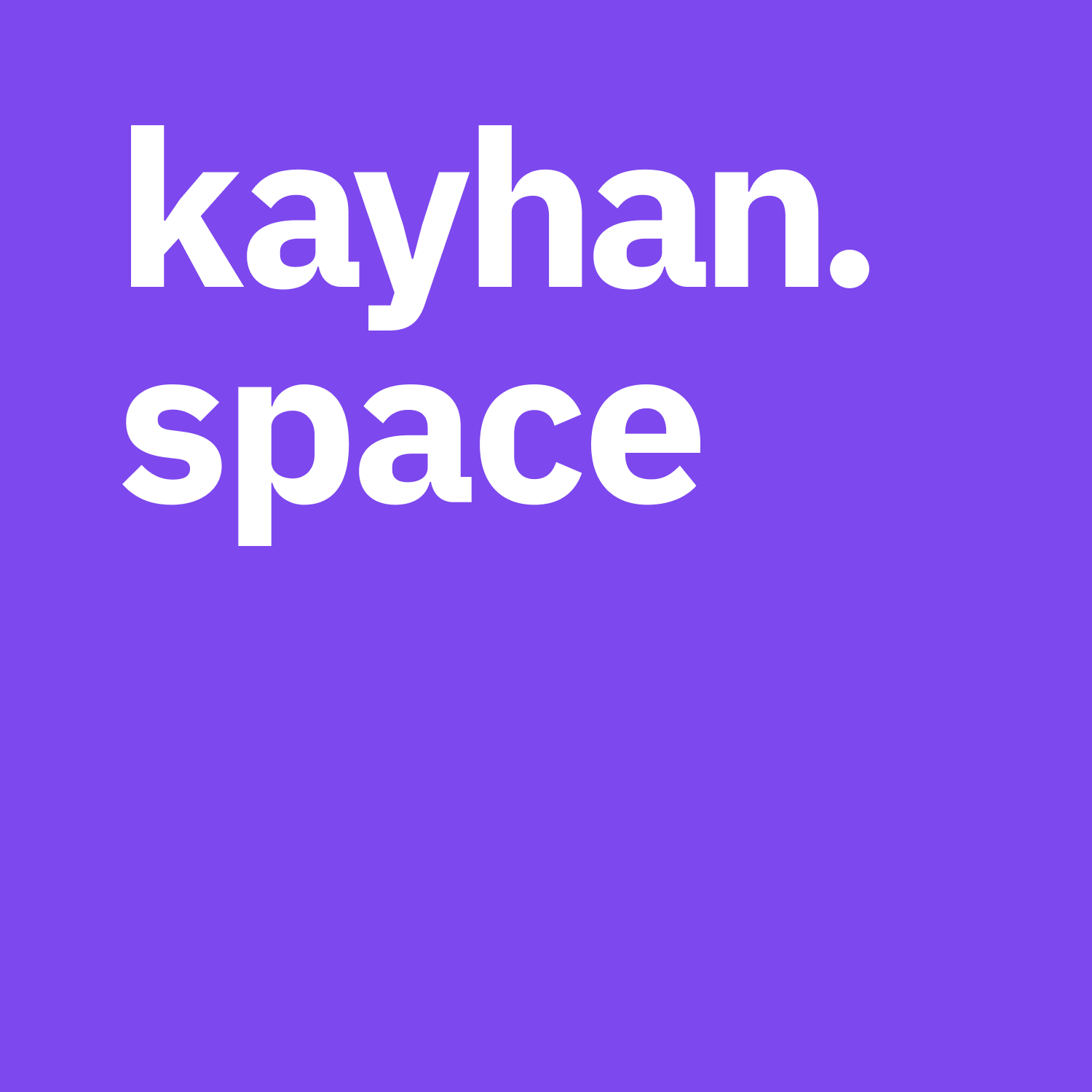 |
 |
Kayhan Space is an industry-leading aerospace company providing services to satellite owner-operators for autonomous spaceflight safety. Our software-as-a-service applications offer reliable and automated support for conjunction risk assessment, collision avoidance, and space traffic coordination. Kayhan Space’s products are utilized by more than two dozen commercial satellite owner-operators today, representing a total of more than 500 satellites across multiple orbit regimes.
Space sustainability is at the heart of our company’s mission, and we believe that operational space safety must be nearly or fully autonomous in the future in order to be effective at mitigating the risk of orbital collisions. SSC’s operational best practices represent a crucial common set of standards that can enable this.
|
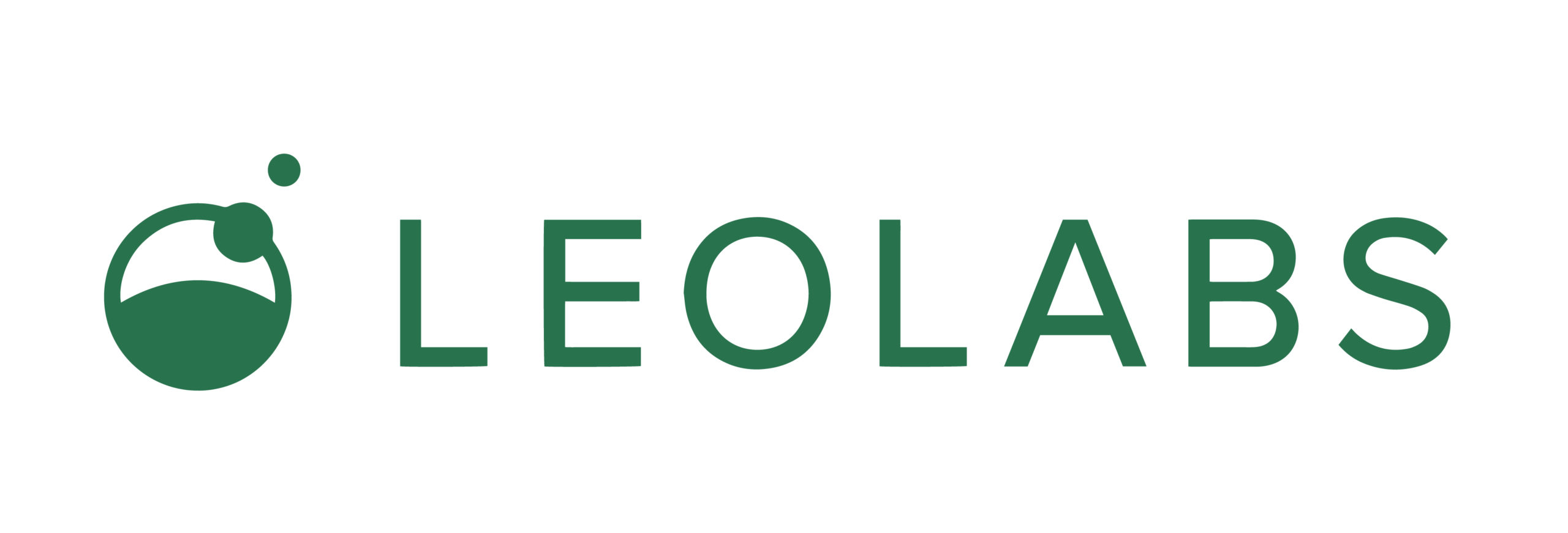 |
 |
LeoLabs is a space safety company that improves the ability of satellites to operate safely and reliably in low Earth orbit (LEO) by accurately tracking mission-relevant objects in space. Space can and should be developed but this development requires more responsible behavior in space which is contingent upon three key activities:
First, more stringent debris mitigation guidelines and better adherence to these guidelines supported by comprehensive monitoring. The knowledge that actions in space are visible is a strong motivator for compliance with regulations and best practices.
Second, focused removal of the statistically-most-concerning objects. The majority of the debris-generating potential in LEO is concentrated in a few hundred objects.
Third, robust Space Traffic Management. LeoLabs’ integrated data analytics cloud platform, efficient algorithms, and a global network of radars improves STM in the following ways.
In summary, LeoLabs champions space sustainability through 1) incentivizing reducing debris generation, 2) providing data and analysis to target objects for removal that pose the greatest debris-generating potential, and 3) increasing the carrying capacity of LEO through effective STM.
|
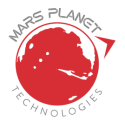 |
 |
Mars Planet Technologies is a company active in the space sector. As part of its research the company has been always interested to the application of risk analysis techniques to the space safety engineering. We are working, for example, to a new concept of “ The Risk Cube”: a 3d visualization tool that we believe, once refined, could be applied to all the risk analysis processes required in the safety evaluation of space systems.
On the side of sustainability, we are interested to analyse how the SDGs can be applied in Space and what is the contribution that Space technology can provide to the achievement of SDGs on Earth. Generally, we think that the conceptual framework to be developed it the “Sustainability Triangle” whose vertices are Earth, Space, SDGs. For the above reasons we strongly support the Space Safety Coalition initiative, and we officially ask to be listed as one of the organizations endorsing the “Best Practices for the Sustainability of Space Operations”
|
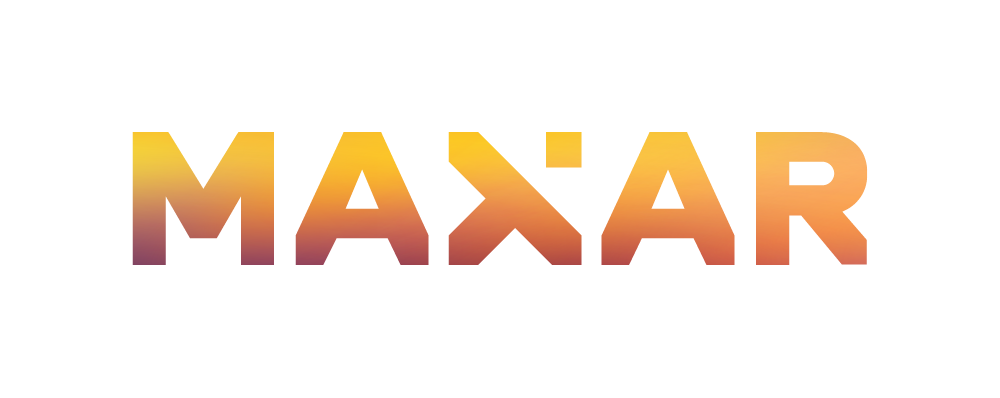 |
 |
|
 |
 |
NetFoundry (https://netfoundry.io) is thrilled to have an opportunity to join the Space Safety Coalition, get involved, and help make a difference within the satellite community by enabling next-generation zero-trust networking and security to be easily accessible via open-source while exceeding the U.S. DoD Cybersecurity guidelines and best practices. OpenZiti (https://openziti.io) is the world’s most used and widely integrated open-source secure networking platform powered by NetFoundry.
OpenZiti provides both zero-trust security and overlay networking as pure open-source software by securing Space IoT (satellites, ground systems, applications, etc.) with private connectivity as code without open ports — a sustainable alternative to insecure VPNs, IPSec tunnels, and public-facing APIs as per CISA (Cybersecurity Infrastructure Security Agency).
|
 |
 |
NorthStar Earth & Space Inc. (NorthStar) is a Global Environmental Information Platform delivering information services related to Space Situational Awareness (SSA) and earth observation (EO). NorthStar will be the first dedicated commercial system to monitor all near-Earth orbits from space delivering a radically enhanced level of SSA services to the global satellite community, with timely and precise information for resident space object detection, tracking, orbit determination, collision avoidance, navigation and proximity alerts.
NorthStar is also creating Earth Information and Intelligence (EI2) services in collaboration with partners in the private, academic and government sectors. Using proprietary and third-party data, NorthStar is developing solutions in a variety of Earth sectors including Agriculture, Maritime, Forestry and Energy.
|
 |
 |
Space debris proliferation and crowded orbits are our reality. With the current increase in on-orbit activities, immediate action is needed. Space debris, lack of international regulations and cooperation and democratization of critical data are the biggest challenges of our times. Safe and secure satellite operations are a necessity for all. This is why we have made those our biggest priority. The efficient use of space infrastructure is the backbone of our future on Earth.
OKAPI:Orbits is dedicated to protecting space assets with the AI-based OKAPI STM Platform and industry-leading consulting services. As experts in the field of SST and Space Traffic Management, we guarantee unerring accuracy in risk prediction. Our solutions range from standardized interfaces to the most advanced integration modules, with a holistic approach to data analysis.
|
 |
 |
Planet is the leading provider of global, near-daily satellite imagery data and insights. Founded in 2010 by NASA scientists, Planet designs, builds, and operates the world’s largest fleet of Earth observation satellites, and provides the online software, tools and analytics needed to deliver data to users.
Forward-leaning space stewardship practices have been part of Planet’s DNA from the company’s founding. These include responsible satellite constellation design and operations, close cooperation with government agencies and industry groups, and staunch policy and regulatory advocacy for better industry-wide practices in orbit. Planet remains committed to ensuring that space continues to be an accessible and safe domain for discovery and exploration.
|
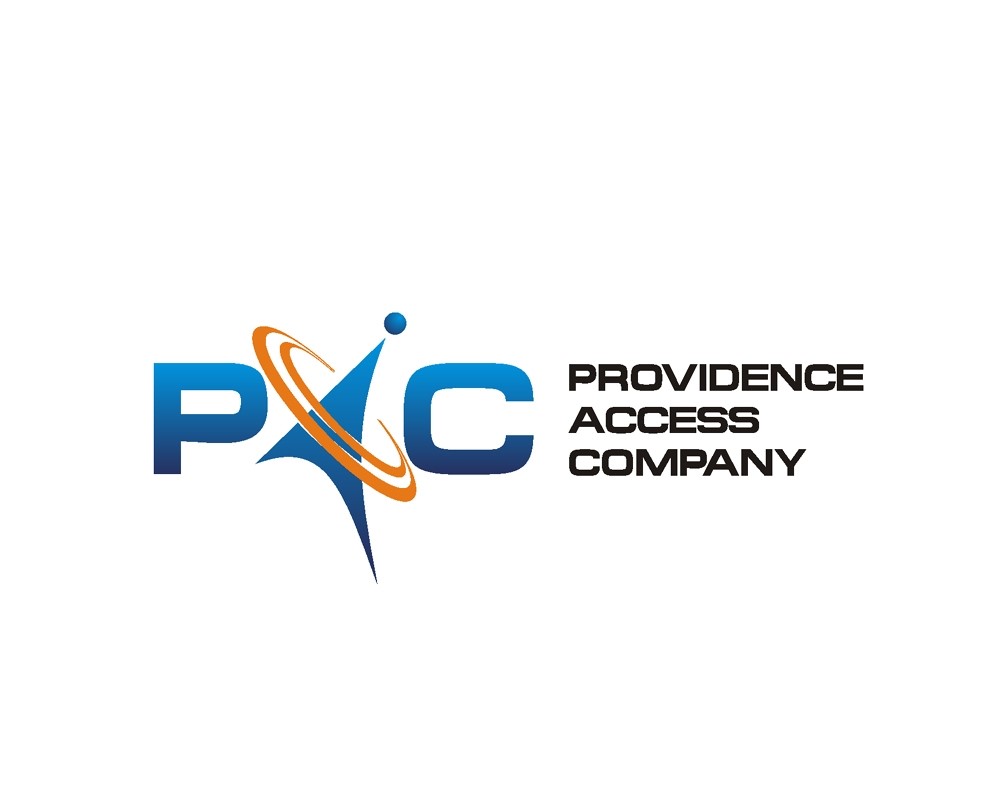 |
 |
|
 |
 |
Rogue Space Systems designs satellite vehicles and subsystems to provide on-orbit services to satellite operators. This includes satellite repairs, towing, and inspections. Rogue is also developing new However, in order to provide such services to space stakeholders, we require a safe and stable space environment in which to operate. Given the unprecedented growth seen over the last few years in orbital activities, it is evident to Rogue that all stakeholders in space activities must collaboratively find best-practices and norms that will enable a thriving space economy while ensuring long-term sustainability of human space activities.
To this end, Rogue aligns itself with the aims of the Space Safety Coalition (SSC), namely, to adopt and implement certain best-practices, as contained in the SSC’s Guidelines, as “a valuable advancement towards the sustainability of space operations.”. Moreover, Rogue will work with the SSC to reflect back its own experience in implementing these best practices in order to continue refining the Guidelines for all. Rogue is eager to work with other industry partners to continue developing norms in areas such as concepts-of-operation and cyber-security.
Rogue hopes that all global stakeholders in space activities will adopt and implement the SSC’s Guidelines as part of a collective effort to ensure the viability of human space activities for generations to come.” |
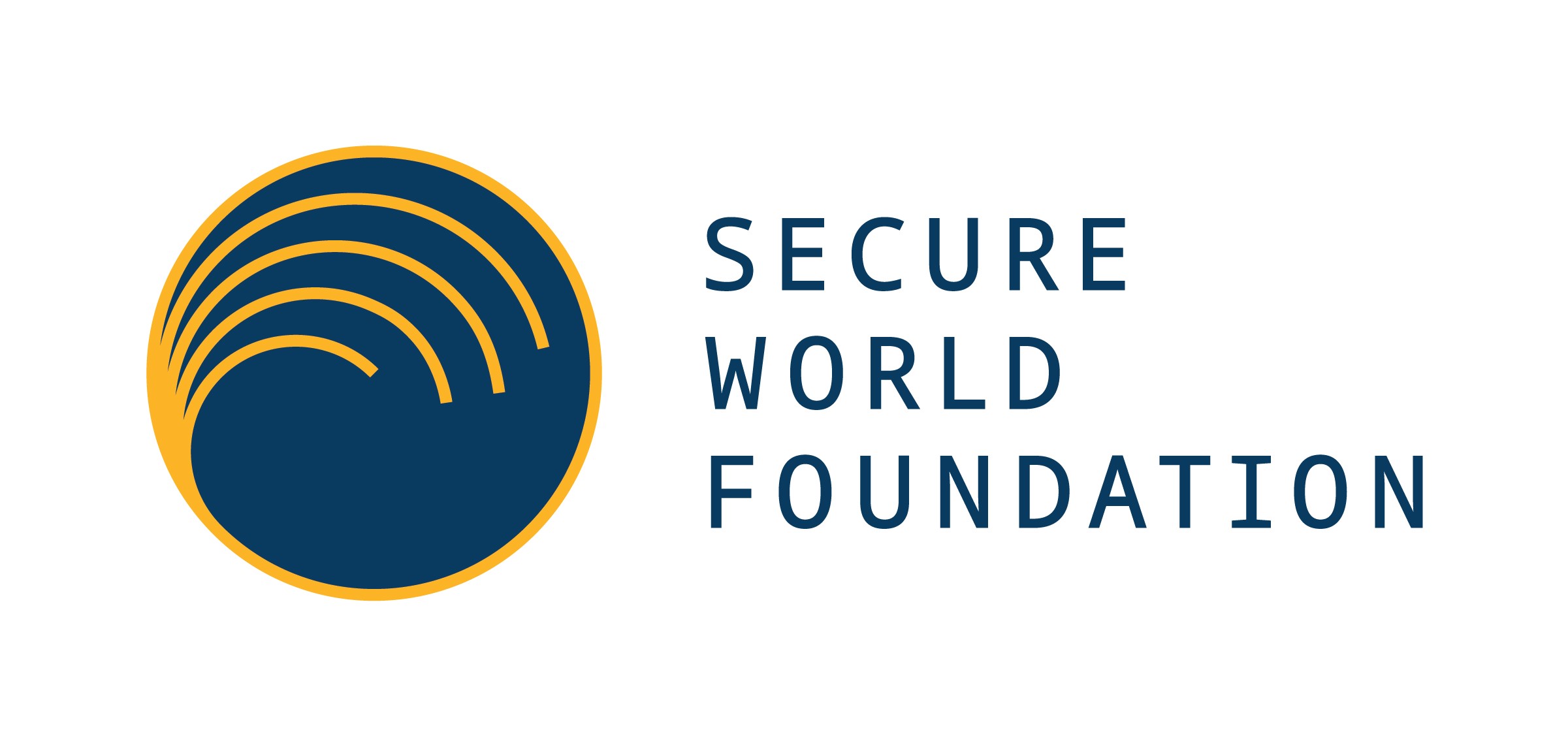 |
 |
The Secure World Foundation (SWF) is a private operating foundation that promotes cooperative solutions for space sustainability and the peaceful uses of outer space. The Foundation acts as a research body, convener, and facilitator to promote the safe, secure, and sustainable use of space contributing to global stability and benefits on Earth.
As part of this role we contribute to efforts to develop best practices and norms of behavior for the responsible and safe use of space; and to understand how those norms and practices relate to governance, policy, and regulation of space activities.
|
 |
 |
As a world leading integrated satellite-enabled solutions provider, SES is a trusted partner to the world’s leading telecommunications companies, mobile network operators, governments, connectivity (aero and mobility) and Cloud service providers, broadcasters, video platform operators and content owners.
SES is currently operating 50+ GEO satellites and 20 MEO O3b satellites, and will launch another 7 MEO mPOWER satellites in 2021. Being a pioneer in GEO satellites colocation (from 2 satellites in 1991 up to 8 satellites in 2000), SES has developed the tools and the measurement systems to ensure a safe separation between its satellites. This expertise has been used to develop monitoring tools of close approaches with other satellites and debris. SES has been a co-founder of the SDA (Space Data Association) in 2009, in line with its commitment for a responsible and safe use of space. Finally, SES is also committed to re-orbit and passivate its GEO satellites in line with the IADC guidelines.
|
 |
 |
Share My Space is a newspace company that collects, processes, and leverages space situational awareness data to protect critical assets in space and human activities from space hazards (F). By actively monitoring space debris and potential collision risks, Share My Space helps satellite operators and space agencies proactively avoid threats and adjust orbital paths.
Protecting space assets not only guarantees the delivery of critical services but also prevents disruptions that could have severe economic and societal consequences.
|
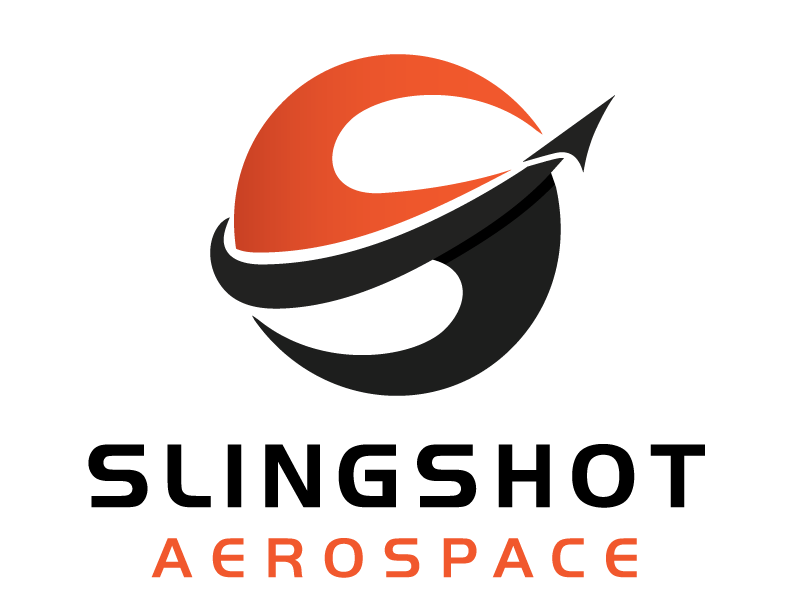 |
 |
Space infrastructure is vital to our daily lives–we rely on space for GPS, communications,
scientific research, national security, and much more. Over the next decade, the space economy will see a 30x growth in the number of satellites. While these satellites aim to improve the daily lives of millions and help us learn how to protect our planet, the more satellites there are in space, the more chances there are of collisions. In order to leverage the space economy for many generations to come, we must protect this ecosystem by contributing to safe and sustainable space operations. At its core, Slingshot Aerospace exists to make space sustainable and is actively building
products and services committed to maintaining a space environment that is safe for everyone, now and in the future. Our vision is to accelerate space sustainability to create a safer, more connected world by elevating our customers’ abilities to monitor, simulate, and optimize their space systems with our dynamic virtual environments and decision intelligence technology. Our tools help space operators communicate, collaborate, and mitigate potential conjunctions and deliver value to the whole space value chain from design and manufacturing, integration and launch, and through operations in all orbital regimes and beyond. With the influx of new space entrants, assets, and technology expected within the next decade, operational safety will be a key priority to keeping space sustainable and Slingshot Aerospace is developing the tools and services necessary to reach this goal. |
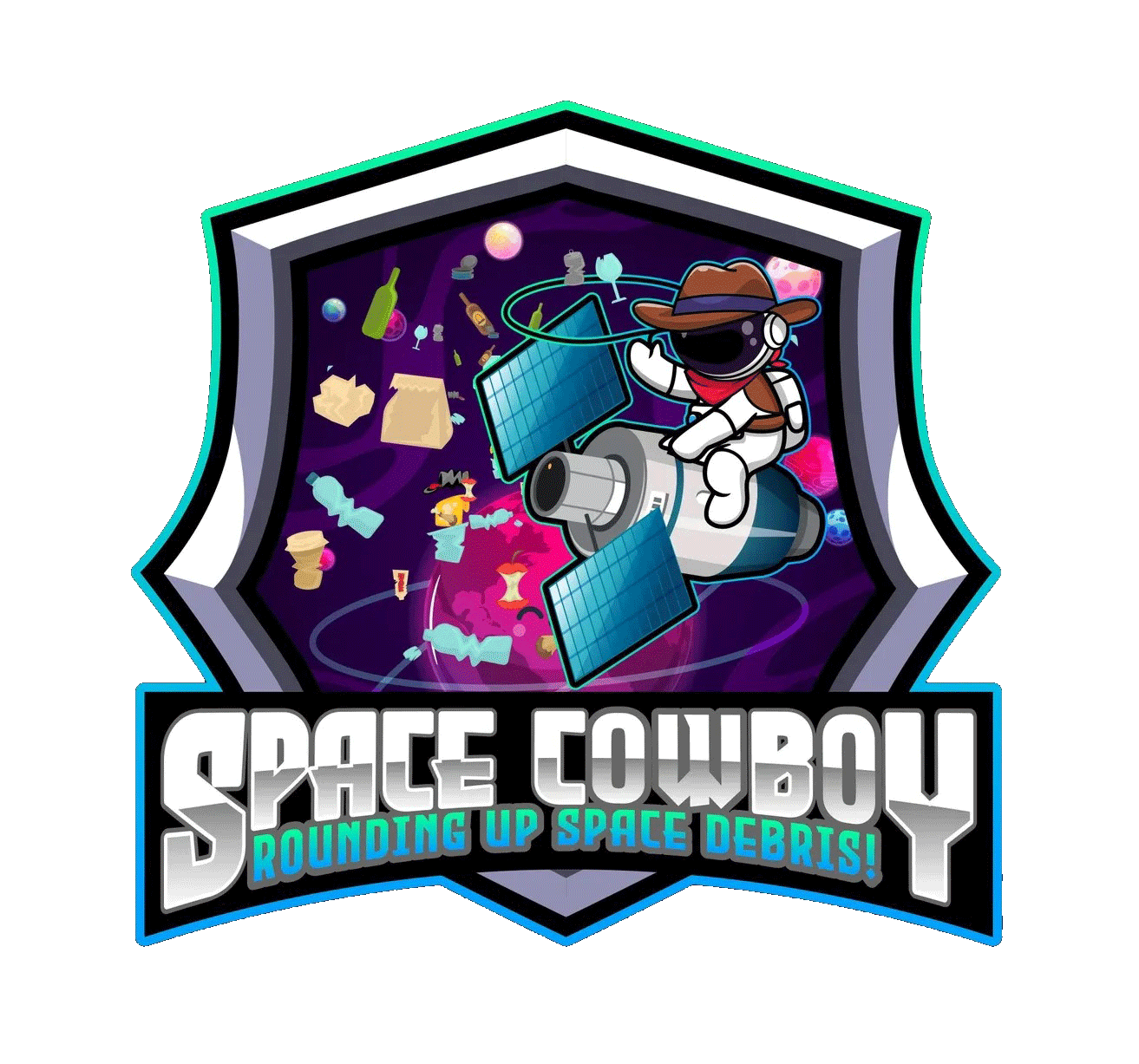 |
 |
Space Cowboy ADR is developing a constellation of satellites purpose built to collect data on and/or remove medium sized debris, between 1 and 10 cm in size, from Low Earth Orbit. Space Cowboy addresses the increasing risks of debris strikes as the population of tracked medium sized debris explodes along with the the catalog of active satellites. Space Cowboy proactive removes select debris that threatens our clients’ capital assets in space and may be positioned to achieve maximal responsiveness when collisions invariably occur.
We at Space Cowboy applaud the leadership of the Space Safety Coalition and look forward to shaping a sustainable future for economic activities in orbital space.
|
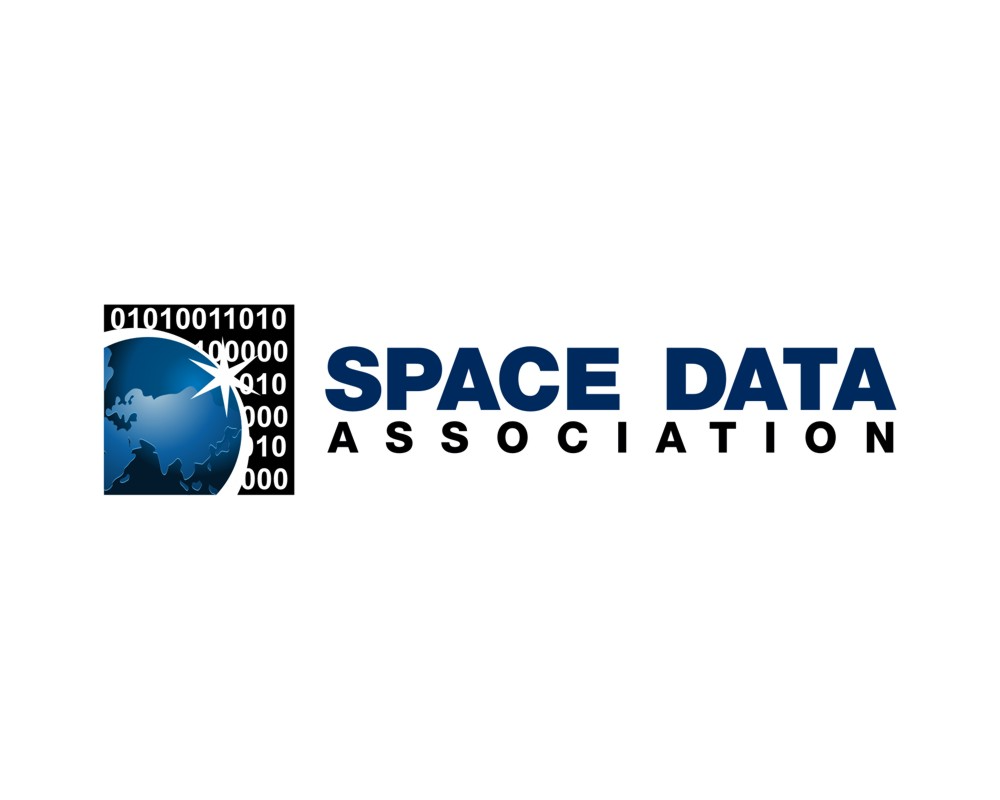 |
 |
Formed in 2009, the Space Data Association (SDA) is a formal, nonprofit association of civil, commercial and military spacecraft operators that supports the controlled, reliable and efficient sharing of data that is critical to the safety and integrity of satellite operations. SDA has a legal structure and agreements that provide protections and enforcement mechanisms to ensure data is only used for intended purposes. SDA raises awareness of risks and best practices through different communication means.
SDA relies on the Space Data Center (SDC) operated by AGI for flight safety data exchange and processing. SDC is an extremely effective way of sharing data and using machine-to-machine data processes to avoid collisions. Operators use SDC’s on-demand CA to ensure effectiveness of avoidance maneuvers. SDA members today account for more than 250 GEO satellites (and >300 non-GEO), approximately 60% of all active GEO satellites. The system allows for the comparison of all JSpOC CDMs with O/O (Owner/Operator) ephemeris data. Small operators are those who can benefit the most from SDC as they might not have large teams to conduct SSA.
|
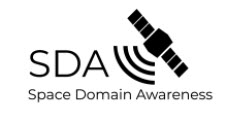 |
 |
Space Domain Awareness’ mission is to make space accountability, transparency, and predictability simple for our customers. We endeavor to provide a low cost optical beacon that can be easily affixed to any object launched into space that will be used to positively identify that object and integrate orbital information information seamlessly into existing space traffic management systems.
Positive identification is the first step to ensuring good behavior in and management of space. With our unobtrusive and low-cost system, Space Domain Awareness will lower the barrier for our customers to be good stewards of our orbital ecosystem.
|
 |
 |
SPACETUG’s vision is a cleaner and safer space environment. We envision a space where every satellite mission, and astronaut can operate without the looming threat of space debris collisions. Our mission is to lead the charge in developing and deploying advanced technologies that actively track, capture, and remove debris, restoring clarity to the orbits that encompass our Earth.
We at SPACETUG are committed to promoting and adhering to the highest standards of space safety and sustainability. We believe that the SSC’s best practices align with our mission and values, and we are eager to participate actively in the coalition’s initiatives.
|
 |
 |
Space and Satellite Professionals International is the largest, most international and cross-disciplinary membership association in the space business. Its membership covers all the facets of the industry from technology manufacturing to launch, fleet operations to ground segment, earth observation to analytics. Continued safe access to space is fundamental to the future of the industry, and SSPI provides regular content to its member network on space safety issues, including an upcoming 6-week, multi-media online campaign titled “Reducing the Risks of Space.” The campaign consists of podcasts, videos, webinars and an issue of our digital magazine, The Orbiter.
In addition to this work, SSPI helps the industry attract, develop and retain the talented people it needs to fuel its growth: people who connect through high-profile events and gain recognition from prestigious awards, people who rely on SSPI for a broader understanding of the industry as much as for individual networking and career mentoring. From young people seeking a career path to industry veterans with wisdom to share, SSPI connects them all. SSPI is the only organization that promotes the enormous value of space and satellite through dramatic stories of our technologies and companies making a better world. Those stories overturn misconceptions about the industry, inspire our people and attract new ones. They help justify investment and give new customers a reason to care about our services and products.
|
 |
 |
Vestigo Aerospace’s mission is to preserve the future of high-value orbits, reflecting the company’s commitment to ensuring responsible and sustainable use of space. Vestigo has developed a product line of Spinnaker dragsails, which are thin-membrane deployable structures that substantially increase the frontal area of the system, allowing for aerodynamic drag to accelerate orbital decay. This technology ensures that space vehicles are quickly deorbited, reducing the amount of debris in space and minimizing the risk of collision. Vestigo dragsails offer significant advancement over the state of the art for end-of mission deorbit applications. Currently, requirements for satellite deorbit are often met with onboard propulsion capability. However, if a satellite fails or loses attitude knowledge or control, propulsive deorbit approaches will become ineffective. A passive dragsail approach with a fault-tolerant deployment initiation can provide reliable deorbit capability regardless of the host satellite’s state of health.
By promoting sustainable space operations, Vestigo Aerospace is contributing to a more sustainable future for space exploration and research. The Spinnaker dragsail technology offers a cost-effective and efficient solution to the problem of space debris and collisions, while also being easy to use and integrate into existing space operations.
|
 |
 |
As a company deeply involved in ensuring space sustainability for the current and future space economy, Vyoma supports data sharing across stakeholders and the facilitation of establishing communication links when conflicts, such as an impending collision, are detected.
In fact, as part of its satellite operations services, Vyoma is currently developing a webplatform that will give stakeholders the possibility to both willingly share information about their respective in-orbit assets and dialogue between all those involved in finding a resolution to collision events. Vyoma intends to be a net contributor of space debris data and a leader in setting standards for space traffic management.
|
Version 1.47
60 endorsees and counting!
If your organization would like to endorse the “Best Practices for the Sustainability of Space Operations” document and participate in the SSC, here is how to participate!
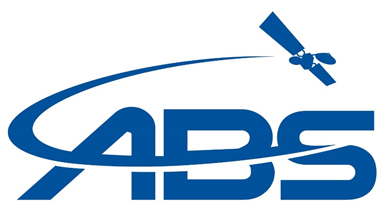 |
 |
ABS has become one of the leading global satellite operators since our establishment in 2006. After 14 years, we have successfully operated eight satellites, including two satellites safely retired, and have executed ten other safe drifts of satellites.
At ABS, we are dedicated to providing flexible yet affordable connectivity to 93% of the world’s population, while maintaining safe operations in the Geostationary belt. ABS is excited to join the Space Safety Coalition and follow its Best Practices for the Sustainability of Space Operations.
ABS began with the acquisition of the LMI-1 satellite (now ABS-6) which was followed by the acquisition of two satellites in 2008: Agila-2 (renamed ABS-3) and Koreasat-2 (renamed ABS-1A), both satellites were retired following IADC guidelines in 2017 and 2015 respectively. This successful repurposing of existing satellites demonstrates the ABS dedication to maximizing resources in the GEO environment. In 2010, the company grew further with the acquisition of Koreasat-3 (now ABS-7). Between 2014 and 2016, we built and launched three new satellites, ABS-2, ABS-2A and ABS-3A (the latter two representing the first all-electric programs in the industry), and also acquired MBSat-1 (now ABS-4).
ABS performs Satellite Operations in our Satellite Control Center in Subic Bay, Philippines, and with our redundant center in Manila, we utilize four TT&C facilities world-wide plus third-party tracking services to monitor satellite health and positioning in the GEO belt. ABS is headquartered in Bermuda, with offices across the world, including the United States, United Arab Emirates, South Africa, Philippines, Indonesia and Hong Kong.
|
 |
 |
The Aerospace Corporation is uniquely positioned to provide independent and objective analysis of orbital debris mitigation and the long-term sustainability of outer space. Throughout its history, The Aerospace Corporation has directly supported space operations for our government customers. Specifically, we have a long history supporting space surveillance and space situational awareness and, as such, we have experts on space environment modeling and data collection.
For over thirty years, The Aerospace Corporation has studied orbital and reentry debris issues and for over twenty years has operated our Center for Orbital and Reentry Debris Studies (CORDS), which specifically examines operational concerns such as collision avoidance and long-term evolution of the near-Earth debris population. CORDS supports the Air Force and NASA through modeling and engineering analysis and is part of the delegation to the Inter-Agency Space Debris Coordination Committee (IADC). The Aerospace Center for Space Policy and Strategy (CSPS) is dedicated to shaping the future of space by providing nonpartisan research and strategic analysis to decision makers. The Aerospace Corporation welcomes the opportunity to participate in the discussion and further development of best practices for the sustainability of space operations. Aerospace is providing these comments as an independent organization with relevant expertise. We are not providing these at the direction of, or on behest of any government agency that we support.
|
 |
 |
Airbus SKYNET Operations Team are a responsible operator of ComMilsatCom spacecraft providing secure communications to UK government and other third party government organisations around the world.
The SKYNET operations team have been responsible operators for many years, they were the first non-founding member of the Space Data Association (SDA) and have held a standard member director position on the SDA board since the organisations inception. The SKYNET operations team also have a close relationship with 18th Space Control Squadron (18SPCS) in the United States for Conjunction Analysis (CA) services in conjunction with the UK Space Operations Centre (UKSpOC) and also have an in house capability for CA/SST. Through the use of the SDA, 18SPCS and other organisations the SKYNET operations teams shows it is commitment to CA/SST/SSA/STM and endeavours to keep up with if not exceed industry best practice and to support those who strive to improve space flight safety. The SKYNET operations team also support international standardisation in space debris mitigation and SSA though the involvement of the SKYNET Flight Dynamics Team in the British Standards Institute ACE068 panel for Space Debris Mitigation standards, ISO/TC20/SC14 Space Operations and Ground Support standardisation, and CEN/CENELEC/TC5 SSA Standards.
|
 |
 |
A.i. solutions specializes in COTS astrodynamics software with our flagship product FreeFlyer – used widely in satellite mission design, analysis, simulation, and operations.
FreeFlyer is a mature software solution which provides complete astrodynamics functionality to support the full lifecycle of space missions. We have been around for 22 years and our heritage includes the International Space Station, Landsat, GOES, Aqua/Aura/Terra, AFRL missions, and AF services including GPS launch and early orbit and JSpoC/JICSpOC services. Behind the advancements in space science and technology is a dramatic increase in space debris and space traffic. In parallel, concerns have been expressed over space weather, frequency interference, and military uses of outer space, all of which also pose risks to the safety of space operations. We believe that it’s absolutely crucial that the industry moves forward with policies that guarantee safe and sustainable access to space.
|
 |
 |
Altius Space Machines, Inc. is committed to responsible satellite design and operational practices, and supports new developments across the space ecosystem, particularly those that support space sustainability.
The development and production of our DogTag™ universal grapple fixtures being incorporated into satellites constellations is well afoot. We believe such offerings will lead to even more creative mission opportunities and lower the cost of space access for all. In addition to grapple fixture technology, we are also in the throws of finalizing the design of cooperative servicing interface technology. Altius Space Machines, is finalizing and qualifying the design of our in-space refueling interfaces for Xenon transfer, which we call the MagTag™.
Therefore, we have been and are planning to stay in the forefront of supporting responsible and sustainable space through the continual investment and development of our technologies to support de-orbiting servicing and on-orbit servicing for a full range of spacecraft classes.
|
 |
 |
Spacecom is a global fixed-satellite operator and satellite service provider, owner of the AMOS satellite fleet. Spacecom’s solutions include pure capacity, managed services, professional services, turn-key solutions, Cellular Backhaul, trunking solutions as well as broadcast, data and broadband satellite services.
Spacecom has always put Space Safety in high priority, from the design to operation and eventually deorbiting of its Satellites we have been meticulously following all the relevant best practices. Consequentially Spacecom was among the first companies to join Space Data Association and Space Safety Coalition, as we believe collaboration between all stakeholders is essential to achieve success.
|
 |
 |
AGI develops multi-domain, mission-level software to design, operate, and analyze complex engineering systems on a common operating platform.
Through its research arm, the Center for Space Standards and Innovation, and its SSA/STM subsidiary, the Commercial Space Operations Center, AGI is a leading contributor to the development of safe and sustainable space operations.
|
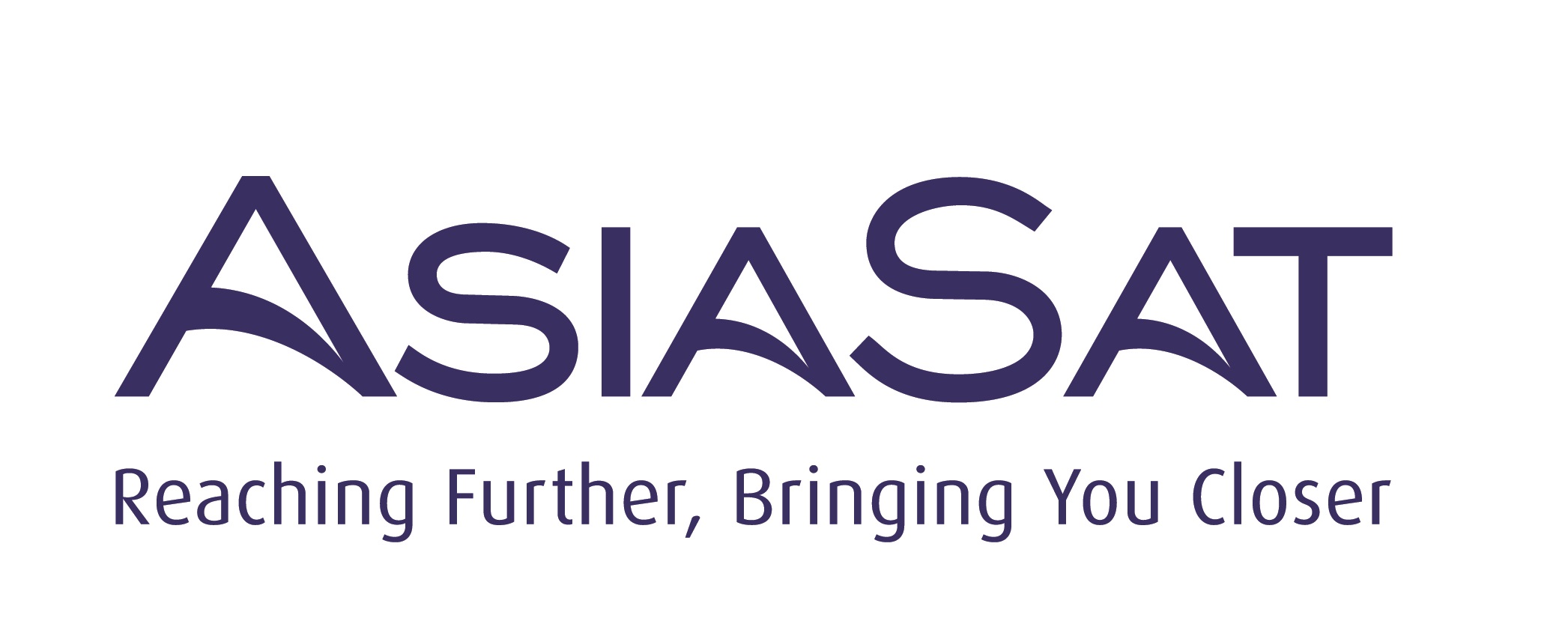 |
 |
Asia Satellite Telecommunications Company Limited (AsiaSat) is Asia’s premier satellite operator. Through a fleet of high-performance satellite located strategically over Asia’s massive landmass and surrounding oceans, AsiaSat delivers satellite solutions with high quality and reliability to our clients.
We care and concern about the sustainability of the satellite industry and the safety of the space community. In recognition of our long-term commitment to protect the space environment, AsiaSat has committed to follow, adopt and implement the best practices stated in the industry standards, guidelines, and practices with regard to the space safety. The areas covered include physical safety (collision), communication safety (RF interference) and space weather awareness.
The sustainability of space operations is to account for environmental conservation, social responsibility and economic development. We believe that the protection of the space environment would bring a long-term benefit to the space community, all the space assets and stakeholders in the space industry AsiaSat has taken a responsible role to create an ever better environment for the space industry.
|
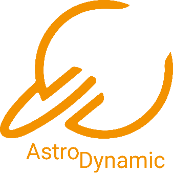 |
 |
Astro Dynamic is dedicated to the safe, sustainable growth of our space environment for all. We offer complete lifecycle services for payload operators, offering flexible hosting solutions, to maximize payload ability without restrictions to operating life span.
From Launch, operations to the safe and rapid deorbiting end of life.
|
 |
 |
Astroscale is the first private company with a vision to secure the safe and sustainable development of space for the benefit of future generations, and the only company solely dedicated to on-orbit servicing across all orbits.
Founded in 2013, Astroscale is developing innovative and scalable solutions across the spectrum of on-orbit servicing missions, including Life Extension, In-situ Space Situational Awareness, End of Life services, and Active Debris Removal, to create sustainable space systems and mitigate the growing and hazardous buildup of debris in space. Astroscale is also defining business cases and working with government and commercial stakeholders to develop norms, regulations, and incentives for the responsible use of space.
|
 |
 |
|
 |
 |
AXA XL is the P&C and specialty risk division of AXA, known for solving even the most complex risks. We offer traditional and innovative insurance solutions and services in over 200 countries and territories.
AXA XL’s Space Insurance team is recognized as the leader in risk solutions for entrepreneurial space enterprises as well as for incumbent space organizations. We work closely with global clients, brokers, governments, industry groups, and institutions to develop insurance solutions for all phases of space activities, including pre-launch, launch, in-orbit, and re-entry, for asset, business interruption, and third-party liability insurance coverages. Our global team is the market leader in insurance for small satellites, small launch vehicles, on-orbit servicing, space platforms, and human spaceflight through our unique products, tools, and skills. At AXA XL, we embrace risk, we innovate to adapt to the changing space market, and we encourage responsible behavior in space.
|
 |
 |
Benchmark Space Systems is an industry leading in-space mobility partner, delivering products and solutions supported by a broad propulsion portfolio supporting mission partners from initial concept through decommissioning. Founded in 2017 to develop green propulsion technologies and provide flexible, pre-integrated solutions, Benchmark has quickly grown to provide a product portfolio of turn-key chemical, electric, and hybrid (CP + EP) propulsion systems for 3U cubesat through ESPA and Orbital Transfer Vehicle (OTV) class spacecraft in LEO, GEO, and beyond. With a focus on enabling accessibility and sustainability of a democratized space domain, Benchmark’s innovations include flight-proven mobility systems and SmartAIM Guidance Navigation and Control software.
Benchmark conducted thorough market research, analysis, and R&D activities over the years to create cost-effective and feasible solutions for controlled deorbiting and collision avoidance. The company is dedicated to supporting the industry in meeting regulatory obligations while considering the functional and economic elements of in-space activities.
|
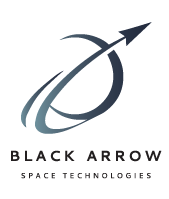 |
 |
As a developer and future operator of spaceport and launch services, in and from the United Kingdom, Black Arrow will be responsible for placing satellites of Third Party operators into their desired orbits, and we have made the firm commitment that our business operations will not create stress in any environment in which we operate, whether that be on the surface of the Earth, or above it.
We will use environmentally favourable propellants; we will not adversely affect ground water or land assets in the performance of our business; we will treat the sky and space, and all fellow users within it with due respect at all times and we will remain compliant with all international laws and regulations that govern and protect all environments for future generations. Our stages and associated hardware will be secured and retrieved, and we will endeavour, from an early phase, to safely re-enter and recover our upper stages, wherever feasible. In so doing, we will offer a service that maximises sustainability, safety and pollution-free operation.
|
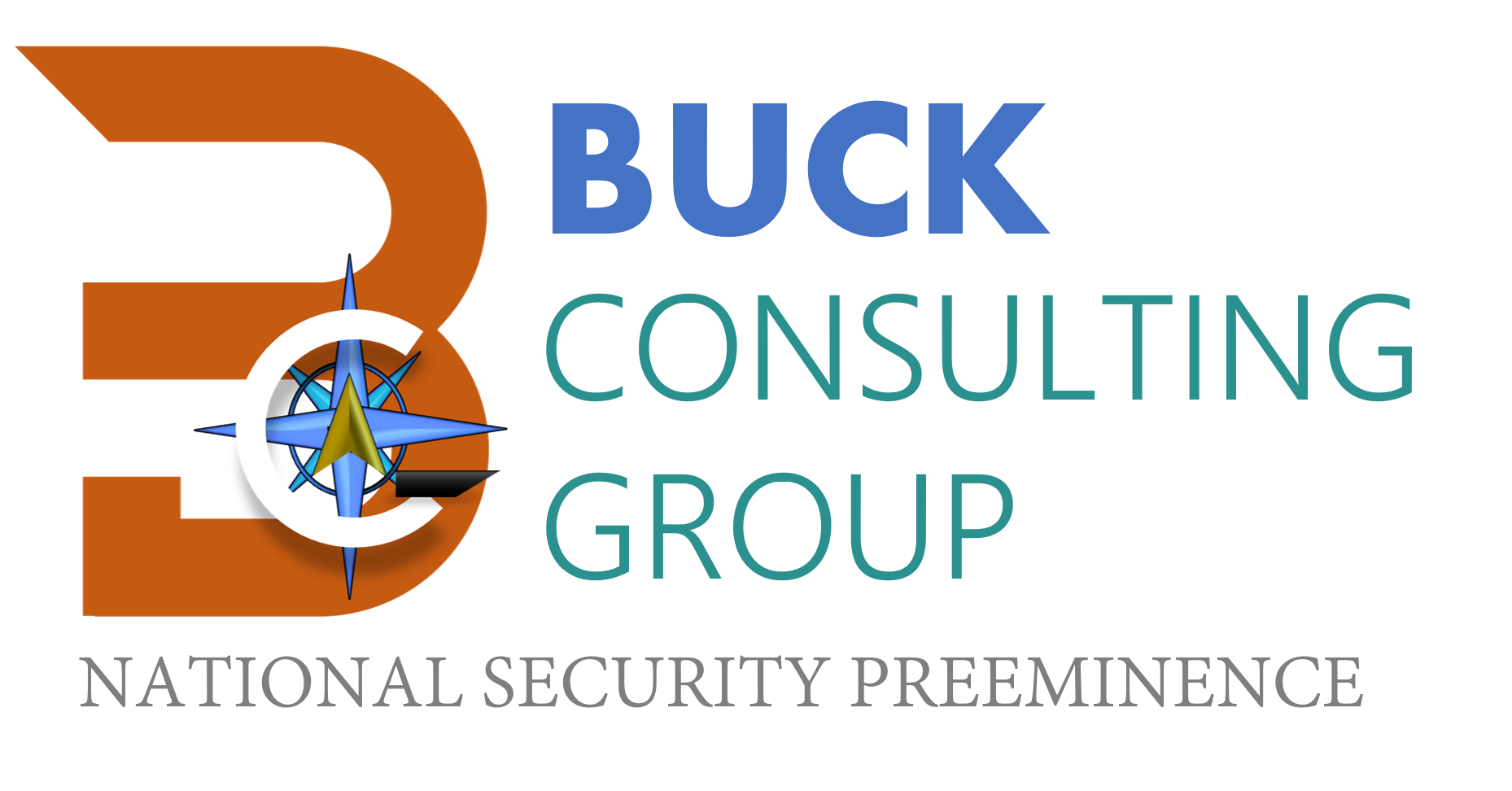 |
 |
|
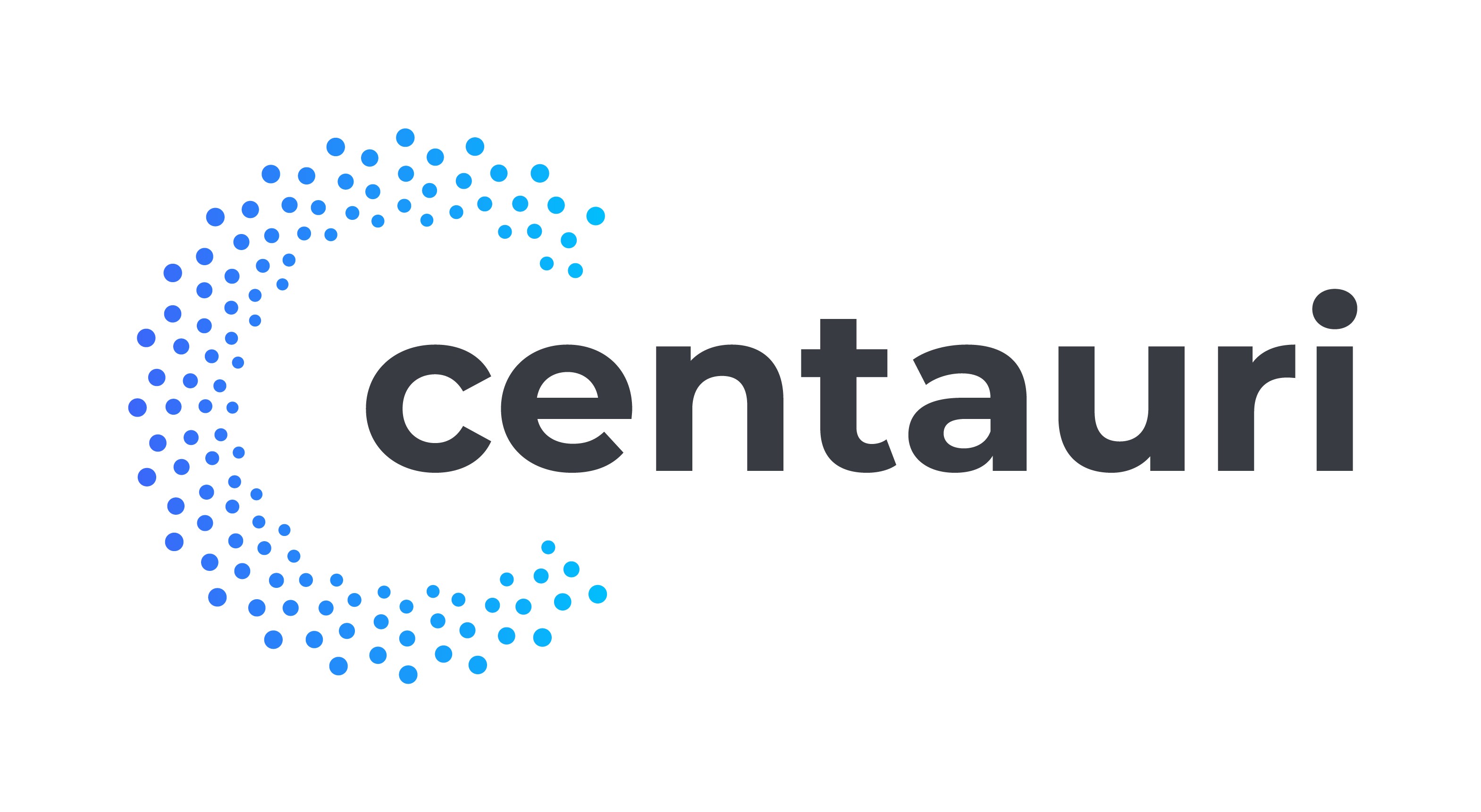 |
 |
Centauri is a provider of high-end professional services that focus largely on the full life cycle for satellite systems.
Within this framework of tailored solutions, we have specific skills that are applied to Space Situational Awareness, Space Environmental Effects, and Space Debris Evolution/Risk Modeling. We have focused on challenging the status quo of debris modeling by striving to “ask the right questions.”
|
 |
 |
ClearSpace is leading the development of in-orbit services to shape the future of space operations. Affordable in-orbit services will enable a thriving, resilient and sustainable space economy.
ClearSpace’s pioneering missions are bound to revolutionize how space missions are conducted. Novel inspection, transport and maintenance capabilities will open up new frontiers for space exploration and operations. To build this new industry and develop a safer space ecosystem, ClearSpace is partnering with respected institutions and global companies.
ClearSpace’s removal services provide a much-needed solution to increasing congestion in low Earth orbit. By removing failed spacecraft and other derelict objects, ClearSpace reduces the risk of collision in orbit. This is a critical step to protect vital space-based infrastructure and preserve the space environment for future generations.
|
 |
 |
COMSPOC Corporation provides industry-leading flight safety, Space Situational Awareness (SSA), and Space Traffic Coordination and Management (STCM) services that are well-grounded in comprehensive multi-source data aggregation, data-agnostic fusion, and advanced analytics.
COMSPOC’s Center for Standards and Innovation (CSSI) continues its two decades of developing space standards, codifying and promoting industry best practices, developing advanced astrodynamics algorithms and conducting orbital debris mitigation research, all with the goal of facilitating the safe and efficient use of space.
|
 |
 |
D-Orbit SpA is an Italian New Space company with solutions covering the entire lifecycle of a space mission, including mission analysis and design, engineering, manufacturing, integration, testing, launch, and end-of-life decommissioning.
As a for-benefit corporation, D-Orbit regards space as a new non-infinite natural resource which offers enormous possibilities for scientific research, commercial profit and the expansion of the human race, and which needs to be treated in a sustainable way in order to ensure its use is safe, profitable and durable both for scientific and commercial purposes.
|
 |
 |
DarkStar Aerospace design and engineer next-generation aerospace technology & systems: Satellites, Exploratory Systems, and Research Technology. We maintain Ground & Tracking Stations in Europe and the MENA region. And we develop propulsion technology & flight systems for Launch Service providers.
We have all seen the hazards of space with the vast number of satellites and debris in orbit around our planet, we must act immediately to minimise those hazards and contribute to cleaning our orbital environment to ensure that our expanding reach into space can be maintained safely. If we do not collectively work to minimize our space footprint with the increasing ratio of rocket launches and satellite constellations compacting our orbital environment, we will see further impact and collision between space-based infrastructure and spacecraft which inhibits humanity travelling to the International Space Station, the Moon, and eventually to Mars. Space Sustainability is a matter of vital concern to humanity as it pertains to keeping space accessible and ensuring our space infrastructure remains operational. To keep it that way the space sector must work together to monitor and track satellite traffic in orbit with relation to that debris and continued operations of the Space & Launch Services sector. We must coordinate and provide sufficient warning ahead of any potential hazard to space operators and the governmental space agencies. DarkStar Aerospace is a supporting member of the Net Zero Space Initiative for Space Sustainability and will jointly contribute our efforts to the Space Safety Coalition and its activities.
|
 |
 |
Digantara is a space situational awareness company that is building an end-to-end solution to address the difficulties of space operations and situational awareness through its pioneering Space – Mission Assurance Platform aka Space – MAP.
Space-MAP will serve as a one stop solution for all space operations with products offered through a data feedback loop using multi modal data sets. This platform will be as powerful and sophisticated as Google Maps, serving as a foundational layer for space operations and astrodynamics research.
|
 |
 |
As a consultant to entrepreneurs and companies within and outside the space industry, and as an active advocate for commercial space activity since the late 1980s, my business will thrive only if other commercial space businesses thrive.
Without sustainable space operations, my business and many others are at risk, as is the future exploration, settlement, and development of our solar system.
|
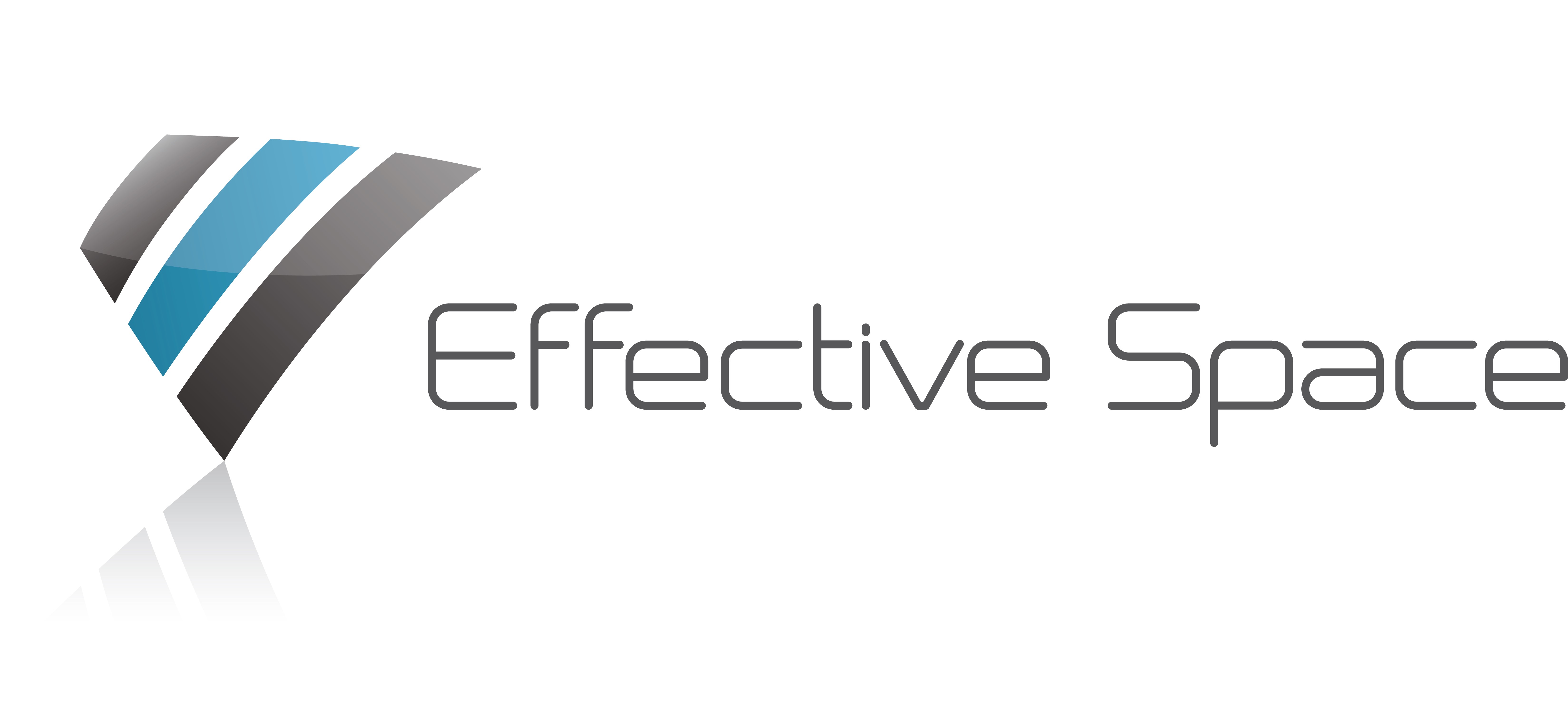 |
 |
Effective Space is pioneering last-mile logistics in space. It deploys and operates a fleet of small SPACE DRONE™ spacecraft that will deliver, position, maintain, monitor and guarantee space assets in orbit and beyond.
‘Phase One’ rollout includes life-extension services to operators of satellites in GEO. Services include station-keeping and attitude-control, relocation, orbit and inclination correction, deorbitting, inspection and ‘bringing into use’ (BIU). The platform will support LEO constellations with post-mission-disposal (PMD) and active-debris-removal (ADR) missions. Long-term services will support space exploration and in-space logistics. Not only that we provide a reusable platform that can further utilise existing space assets, but we are also saving Earth resources and reducing energy consumption, cleaning space debris and ensuring long-term sustainability.
|
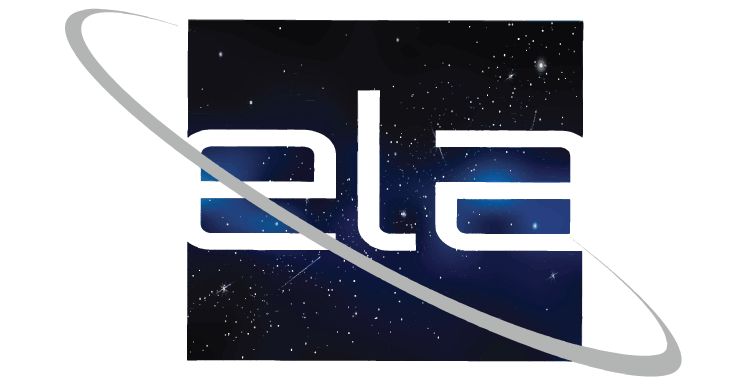 |
 |
ELA is establishing Australia’s first commercial spaceport and larger space centre, Arnhem Space Centre (ASC), in East Arnhem Land Northern Territory (12degS) near Nhulunbuy. ASC will be Australia’s only multi-orbit operational spaceport and only commercial spaceport in the Equatorial/East Asian hemisphere.
ELA will commercially launch and recover payloads flown through space from near the equator and facilitate launches by other organisations to meet the needs of the high growth global space industry. As a private commercial venture we operate in highly competitive and disruptive international market arenas. Recently we successfully attracted NASA in a world first commercial endeavour to service a space launch campaign at ASC from next year, 2020.
|
 |
 |
ENPULSION is an Austrian company based in Wiener Neustadt, which was founded in 2016 and already became in 2018 the global market leader for propulsion systems for nano- and microsatellites, most of which are no heavier than 100kg. ENPULSION’s propulsion solutions are based on Field-emission Electric Propulsion (FEEP) technology which is environment-friendly as opposed to chemical propulsion systems, and characterized by their efficiency and modularity facilitating spacecraft integration. FEEP thrusters enable a wide variety of applications and missions requiring precise and reliable In-Orbit Mobility that are essential to tackling space debris generation and proactively preserving orbital resources for future generations.
These missions typically include accurate attitude control, orbital life extension, formation flying and constellation control, orbit raising, and highly efficient deorbiting or end-of-life maneuvers. ENPULSION´s own in-orbit support team provides technical support to satellite operators before and after the deployment of their satellites to facilitate space operations related to the direct use of thrusters. This technical support includes expert advice and systematic telemetry analysis among other services. In 2022, ENPULSION joined the Net Zero Space Initiative from the Paris Peace Forum in 2022 committing to the three following pledges: 1) to further develop support for satellite operators to ensure the success of their deployment strategies, 2) to promote sustainable practices for the end-of-life disposal of satellites, especially for constellations, and 3) to proactively support awareness raising activities on Space Sustainability, especially on the issue of space debris, through PR efforts and sharing in-house expertise.
|
 |
 |
|
 |
 |
GMV is the most relevant European industrial player in SST with 50+ engineers in 6 countries. GMV developed most of ESA’s SST processing infrastructure and integrated the overall ESA’s SST Core Software, being the main contributor to the ESA’s SST system within the SSA program.
GMV runs relevant SST-related national activities in Europe including the SST Ops Centre development in Spain, Poland and Romania; the SST Ops Centre operations in Spain; and a large number of space debris activities for CNES in France, UKSA&Dstl in the UK and DLR in Germany. GMV counts on proprietary operational COTS software solutions covering the whole SST value chain from data processing to service provision and owns and runs a dedicated Ops Centre (focusoc). focusoc provides 24×7 commercial collision avoidance services to 10+ operators and 80+ satellites based on the use of the JSpOC SP catalogue and dedicated data from collaborating SST sensors worldwide.
|
 |
 |
Hellas Sat is a leading Satellite operator with commercial solutions that bridge the demand for wide coverage and high-quality services in the demanding territory of broadcasting & telecommunications.
Hellas Sat fleet has become the key player in the European, Southern Africa and Middle East region providing data, broadcast, occasional use and managed services to the highest standards in the satellite services industry.
|
 |
 |
As the pioneer and world leader in mobile satellite communications, Inmarsat has been powering global connectivity for four decades. Set up by the International Maritime Organization (IMO) in 1979 to provide a satellite communications network that would protect the lives of mariners anywhere at sea. We were the first satellite operator to meet the stringent requirements of the Global Maritime Distress and Safety System (GMDSS) and the International Civil Aviation Organization (ICAO) for global safety communications.
Today, Inmarsat operates the world’s only global L and Ka-band networks; networks specifically designed to meet the challenges of providing secure mobile communications. We provide governments, commercial enterprises and humanitarian organisations with mission-critical voice and high-speed data communications on land, at sea and in the air.
|
 |
 |
|
 |
 |
The IAASS is active in the field of space safety and sustainability since 2004. The space safety field, from launch and re-entry, to space debris, human exploration, and space traffic control is by its own nature very much a global interest which often extends beyond the institutional contacts and cooperation which government agencies already maintain.
Space safety is a common interest of all three communities operating in space, namely the civil, military and commercial communities. There is no other interest which is so binding and unifying for all three communities as space safety. As you may have seen at the L.A. Conference, the membership of IAASS is truly international and includes many of the top scientists, engineers and managers operating in the field of Space Safety and Sustainability. Ten years ago, IAASS launched the Manifesto (attached) which goes very much along the lines of the Coalition. We fully endorse the Best Practices of the Space Safety Coalition and we are ready to mutually cooperate by making available some means like publication of articles in the IAASS Journal of Space Safety Engineering, which has a worldwide distribution, and the possibility to give presentations at UN COPUOS, where we are official Observers.
|
 |
 |
Iridium operates the world’s only truly global satellite communications network, connecting people, enterprises, governments, and things. Featuring a constellation of 66 crosslinked LEO satellites, no other network offers the reach, resiliency, or capabilities that have made Iridium the network of choice for more than a million subscribers around the world.
As the first operator to lose an operational satellite in what could have been a preventable crash with a defunct satellite, Iridium was and continues to be instrumental in advocating for and establishing the data sharing environment to prevent future collisions. Iridium has also been the only first-generation constellation to actively deorbit the majority of its block 1 satellites and aims to inspire the industry to do better for the sustainability of access to space by all.
|
 |
 |
Kall Morris Inc (KMI) is an orbital debris research and solution development company founded in Marquette, Michigan, focused on efficient, repeatable, non-destructive Active Debris Removal.
Working from first principles, KMI is developing scalable ADR technologies for characterizing unrecognized objects and capturing unprepared surfaces. To do this, KMI uses a process that removes obstacles and advances abilities through resourcefulness and efficiency. KMI is taking on orbital debris as the first challenge along the way to developing the future of space for all humanity, and welcomes all to join in the solution for #KeepingSpaceClearForAll.
|
 |
 |
Launch On Demand is a space launch services provider that cares deeply about safe access to space and the sustainability of safe operations there.
We not only recognize their importance for our commercial success but we value protecting space access and sustainability for future generations.
|
 |
 |
LeoLabs is a space safety company that improves the ability of satellites to operate safely and reliably in low Earth orbit (LEO) by accurately tracking mission-relevant objects in space. Space can and should be developed but this development requires more responsible behavior in space which is contingent upon three key activities:
First, more stringent debris mitigation guidelines and better adherence to these guidelines supported by comprehensive monitoring. The knowledge that actions in space are visible is a strong motivator for compliance with regulations and best practices.
Second, focused removal of the statistically-most-concerning objects. The majority of the debris-generating potential in LEO is concentrated in a few hundred objects.
Third, robust Space Traffic Management. LeoLabs’ integrated data analytics cloud platform, efficient algorithms, and a global network of radars improves STM in the following ways.
In summary, LeoLabs champions space sustainability through 1) incentivizing reducing debris generation, 2) providing data and analysis to target objects for removal that pose the greatest debris-generating potential, and 3) increasing the carrying capacity of LEO through effective STM.
|
 |
 |
|
 |
 |
|
 |
 |
|
 |
 |
OrbitGuardians believes that safeguarding humanity’s orbital infrastructure, before the Kessler Syndrome becomes reality, is the right thing to do. Our affordable active debris removal services provide satellite operators the ability to clean orbital regimes important to their mission requirements, thus reducing collision risk and reducing the time required for conjunction analysis and maneuvers.
|
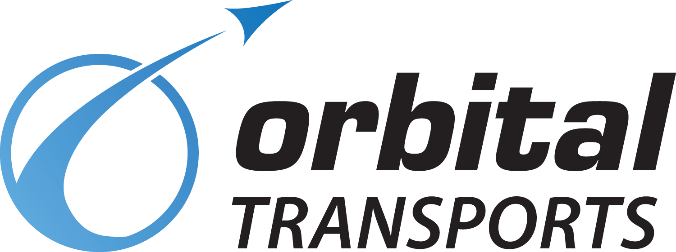 |
 |
As a provider of turnkey small satellite solutions from initial concept through completed mission with long-term plans to provide satellite servicing and refueling services, Orbital Transports considers sustainable space operations, including orbital situational awareness, on-orbit asset maneuvering/repositioning, and debris mitigation, to be critical to the growth of the company, its customers, and both national and global economies.
Given that space safety and the sustainability of the space industry require the participation of all involved parties (corporate, government, academia, and non-profit organizations), including satellite bus and component manufacturers within the company’s partner network, Orbital Transports endorses the Space Safety Coalition’s best practices for sustainability. Furthermore, the company will work to promote and implement these practices.
|
 |
 |
Phase Four is committed to enabling responsible, safe use of low Earth orbit with its instantaneous-startup RF thrusters.
Unlike traditional electric propulsion, RF plasma propulsion does not rely on hollow cathodes, which need to be warmed and conditioned before use. This means that RF thrusters can be fired rapidly after deployment, minimizing the risk of collisions and subsequent debris, and keeping valuable orbits clean.
Phase Four’s first RF propulsion system, Maxwell, is designed with easy-to-use software, an industry first that allows spacecraft manufacturer-operators to focus on their primary mission. Spacecraft can plug into a complete propulsion system that works out of the box, rather than separately acquiring and coordinating between thruster, power processing unit, and fluid systems. This, coupled with the RF thruster’s lack of cathodes and high voltage components, minimizes risk of manufacturing defects and operating mistakes that could cascade into on-orbit failures.
Due to their high fuel- and size-efficiency, Phase Four’s propulsion solutions are an ideal partner for small spacecraft operators, enabling collision avoidance on orbit as well as safe and rapid powered deorbit at spacecraft end-of-life while conserving mass and volume for the mission payload.
Further, Phase Four’s technology roadmap continues the development of the RF thruster to enable the efficient use of novel non-noble gas propellants that are 1) chemically inert and 2) stored unpressurized, reducing the possibility of significant orbital debris-causing failures.
|
 |
 |
Planet is the leading provider of global, near-daily satellite imagery data and insights. Founded in 2010 by NASA scientists, Planet designs, builds, and operates the world’s largest fleet of Earth observation satellites, and provides the online software, tools and analytics needed to deliver data to users.
Forward-leaning space stewardship practices have been part of Planet’s DNA from the company’s founding. These include responsible satellite constellation design and operations, close cooperation with government agencies and industry groups, and staunch policy and regulatory advocacy for better industry-wide practices in orbit. Planet remains committed to ensuring that space continues to be an accessible and safe domain for discovery and exploration.
|
 |
 |
|
 |
 |
The SSC’s best practices document specifically calls out an area of our focus – the fact that traditional methods of deploying satellites can leave large rocket stages in orbit. It’s why we designed Electron to deploy payloads differently.
We park our second stage in a low elliptical orbit, before separating off a smaller Kick Stage that deploys the payloads, then is capable of performing a deorbit burn to leave no part of our rocket behind on orbit. In fact, with our recent missions we’ve shown our second stages are deorbiting in as little as 12 days under this method. You can learn more here: (rocketlabusa.com/electron/kickstage/).
Beyond our own efforts, we’re also helping operators focused on sustainable space solutions to reach space. So far, we’ve launched CubeSat dragsail technology demonstrators, as well as R&D payloads designed to test better ways of ensuring spacecraft can be identified and cataloged once on orbit.
|
 |
 |
The Secure World Foundation (SWF) is a private operating foundation that promotes cooperative solutions for space sustainability and the peaceful uses of outer space. The Foundation acts as a research body, convener, and facilitator to promote the safe, secure, and sustainable use of space contributing to global stability and benefits on Earth.
As part of this role we contribute to efforts to develop best practices and norms of behavior for the responsible and safe use of space; and to understand how those norms and practices relate to governance, policy, and regulation of space activities.
|
 |
 |
As a world leading integrated satellite-enabled solutions provider, SES is a trusted partner to the world’s leading telecommunications companies, mobile network operators, governments, connectivity (aero and mobility) and Cloud service providers, broadcasters, video platform operators and content owners.
SES is currently operating 50+ GEO satellites and 20 MEO O3b satellites, and will launch another 7 MEO mPOWER satellites in 2021. Being a pioneer in GEO satellites colocation (from 2 satellites in 1991 up to 8 satellites in 2000), SES has developed the tools and the measurement systems to ensure a safe separation between its satellites. This expertise has been used to develop monitoring tools of close approaches with other satellites and debris. SES has been a co-founder of the SDA (Space Data Association) in 2009, in line with its commitment for a responsible and safe use of space. Finally, SES is also committed to re-orbit and passivate its GEO satellites in line with the IADC guidelines.
|
 |
 |
Space Micro Inc is a San Diego-based space subsystems and small spacecraft provider to the international space community. The ability to safely operate in an internationally self-regulated ecosystem is paramount to the overall space business model success.
We continue to actively promote responsible space safety through the adoption of relevant international standards, guidelines and practices, and the development of more effective space safety guidelines and best practices. Space safety includes physical safety, communications safety, and space weather awareness. Physical safety includes avoiding launch and on-orbit collisions, minimization of human casualty from spacecraft or debris reentry, and the long-term sustainability of the space operations environment. Communications safety includes minimizing the incidence and severity of Radio Frequency Interference (RFI) events. In particular, Space Micro ensures that our electronics subsystem products do not cause EMI issues, outgassing issues, nor cause any orbital debris. This stewardship is a part of our corporate citizenship within the international space community.
|
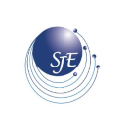 |
 |
SJE Space Ltd. is a space consultancy company specialising in issues relating to space situation awareness and space traffic control. In 2017, the Director of SJE Space Ltd. (Dr. Stuart Eves) had a book published by AIAA entitled “Space Traffic Control”.
The entire premise of this book is that the near Earth environment should be monitored and preserved as a viable regime for future generations. It is suggested that this is fully in accord with SSC’s best practices.
|
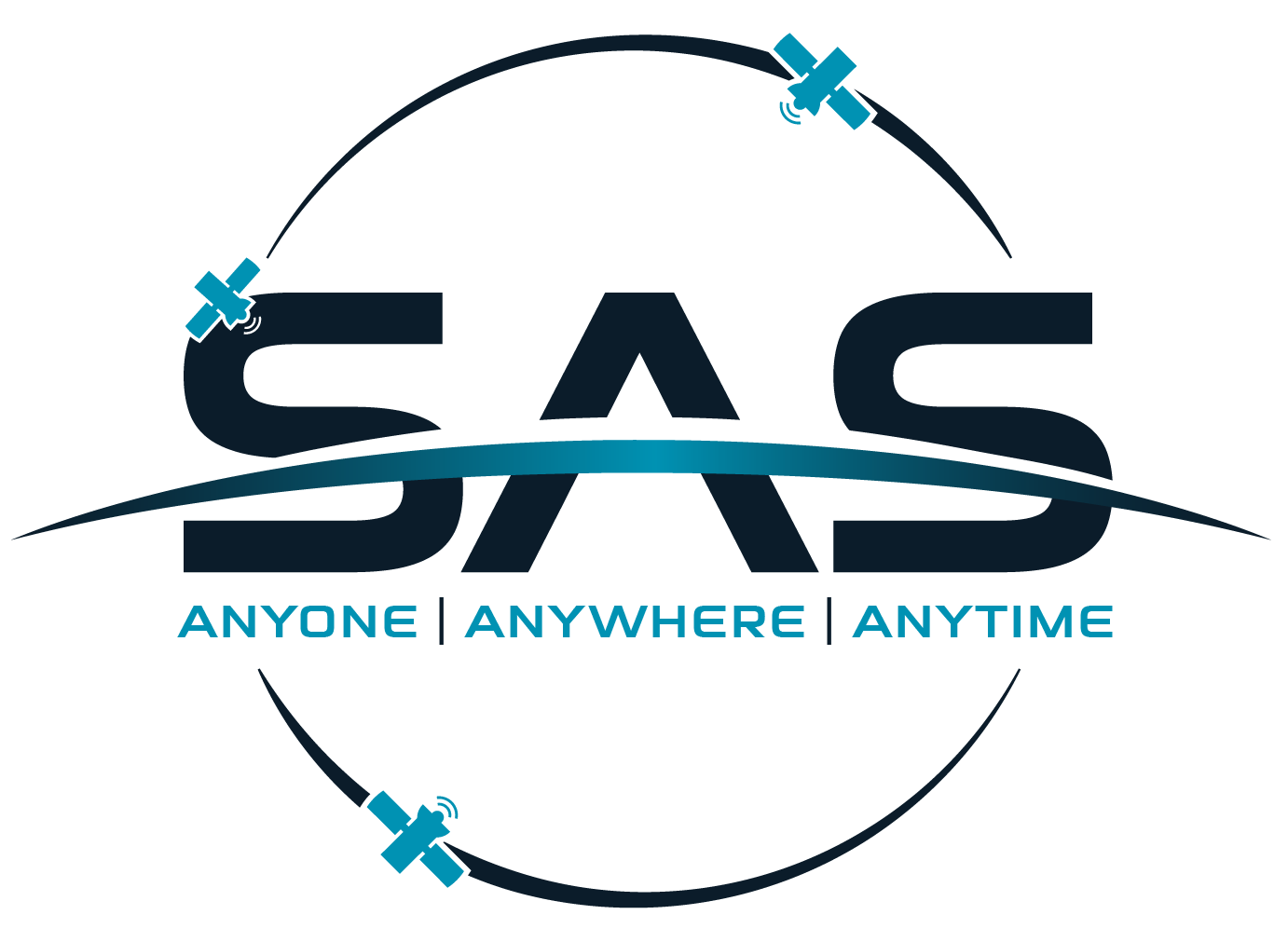 |
 |
|
 |
 |
Formed in 2009, the Space Data Association (SDA) is a formal, nonprofit association of civil, commercial and military spacecraft operators that supports the controlled, reliable and efficient sharing of data that is critical to the safety and integrity of satellite operations. SDA has a legal structure and agreements that provide protections and enforcement mechanisms to ensure data is only used for intended purposes. SDA raises awareness of risks and best practices through different communication means.
SDA relies on the Space Data Center (SDC) operated by AGI for flight safety data exchange and processing. SDC is an extremely effective way of sharing data and using machine-to-machine data processes to avoid collisions. Operators use SDC’s on-demand CA to ensure effectiveness of avoidance maneuvers. SDA members today account for more than 250 GEO satellites (and >300 non-GEO), approximately 60% of all active GEO satellites. The system allows for the comparison of all JSpOC CDMs with O/O (Owner/Operator) ephemeris data. Small operators are those who can benefit the most from SDC as they might not have large teams to conduct SSA.
|
 |
 |
SCOUT will perform the first in-space satellite inspections. We will help extend satellite lifetimes, prevent failures, and save tens of millions of dollars with as little as one inspection. This helps operators and manufacturers avert new space debris formation and fundamentally changes the paradigm of satellite operations.
Satellite anomalies in orbit can have extreme consequences, and there are few ways to mitigate them: servicing carries risks and additional costs, replacement can take many months, and both have the risk of adding to space debris. SCOUT offers a new category of actionable data and a service supporting it. Inspections will allow satellite operators, manufacturers, and insurers to better understand and combat the up to 50% unknown failure root causes of space failures, demystify adversarial actions, and help prevent space debris.
SCOUT’s inspections process is reliant on mobility between orbital regions to and from inspections targets, and standards of conduct and best practices in space traffic management are crucial in minimizing risks to both inspections satellites and all other space assets. SCOUT-Sats and SCOUT inspections systems such as SCOUT-Vision will support not only at-risk assets, but other stakeholders’ fleets which could be harmed by rogue or space objects affected by anomalies. Supporting space safety as part of the Space Safety Coalition contributes to SCOUT’s goals to make space safer and to extend satellite lifetimes through data.
|
 |
 |
Space Domain Awareness’ mission is to make space accountability, transparency, and predictability simple for our customers. We endeavor to provide a low cost optical beacon that can be easily affixed to any object launched into space that will be used to positively identify that object and integrate orbital information information seamlessly into existing space traffic management systems.
Positive identification is the first step to ensuring good behavior in and management of space. With our unobtrusive and low-cost system, Space Domain Awareness will lower the barrier for our customers to be good stewards of our orbital ecosystem.
|
 |
 |
Space infrastructure is vital to our daily lives–we rely on space for GPS, communications,
scientific research, national security, and much more. Over the next decade, the space economy will see a 30x growth in the number of satellites. While these satellites aim to improve the daily lives of millions and help us learn how to protect our planet, the more satellites there are in space, the more chances there are of collisions. In order to leverage the space economy for many generations to come, we must protect this ecosystem by contributing to safe and sustainable space operations. At its core, Slingshot Aerospace exists to make space sustainable and is actively building
products and services committed to maintaining a space environment that is safe for everyone, now and in the future. Our vision is to accelerate space sustainability to create a safer, more connected world by elevating our customers’ abilities to monitor, simulate, and optimize their space systems with our dynamic virtual environments and decision intelligence technology. Our tools help space operators communicate, collaborate, and mitigate potential conjunctions and deliver value to the whole space value chain from design and manufacturing, integration and launch, and through operations in all orbital regimes and beyond. With the influx of new space entrants, assets, and technology expected within the next decade, operational safety will be a key priority to keeping space sustainable and Slingshot Aerospace is developing the tools and services necessary to reach this goal. |
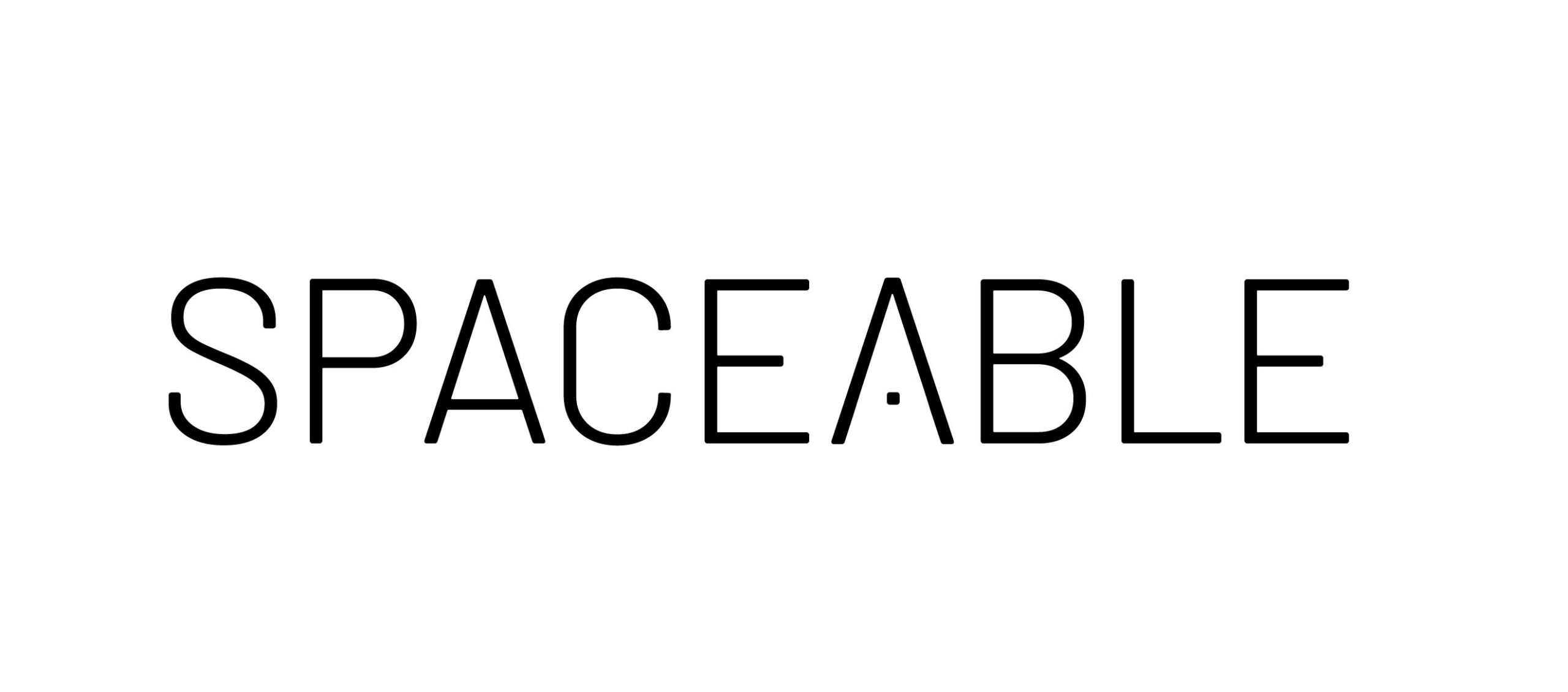 |
 |
SpaceAble is a high-technology company specialized in the development of surveillance capacities and analytical tools dedicated to Space Situational Awareness (SSA). The company gathers former experts from the French space industries and relies on a high level of skills in the fields of space engineering, software development and industrial project management.
SpaceAble is particularly concerned by the increasing use of the Earth Orbit (and notably the Low Earth Orbit) and the gaps of the current International Space Situational Awareness system. We are involved in raising awareness for the preservation of the space environment and are taking action to ensure the long-term sustainability and safety of outer space activities. SpaceAble is working closely with diverse sectors of the space industry (including satellite operators, space insurance, institutions and international organisations) to promote the minimization of orbital debris, the mitigation of space risks and the implementation of the highest level of risk management in the conduct of space activities.
Our action specifically supports best practices (notably those promoted by the United Nations or the Inter-Agency Space Debris Coordination Committee guidelines, the International Organization for Standardization standards and the Consultative Committee for Space Data Systems) aiming to mitigate space debris, reduce risk related to space activities and improve interoperability between SSA/STM systems. We are looking forward to further participate to the implementation of a sound international SSA/STM policy by applying, promoting and developing the current and future Space Safety Coalition’s sets of best practices.
|
 |
 |
Space Initiatives Inc, is focused on the development and deployment of 50-gram femtosatellites in LEO. . We are designing a unit called “Pixie” which will be attached to any host spacecraft, to provide very low data rate communications and RFID, to track the spacecraft at very low cost, and to provide back-up link in case the primary spacecraft comms link is lost.
We will offer this unit to various commercial and government constellations, potentially thousands of these units might end up flying in space. Pixie contains a GPS receiver which will provide orbital position accurate to within 10 metres, versus 1 km for current systems.
This dramatic improvement will eliminate most of the false alarms which today’s collision predictions suffer from. We also have available proprietary IP to precisely and inexpensively track constellations of spacecraft in cislunar and interplanetary space at a remarkably low cost and unprecedented accuracy.
|
 |
 |
We are Native American and First Nations People of Canada, we are Caretakers of Space.
|
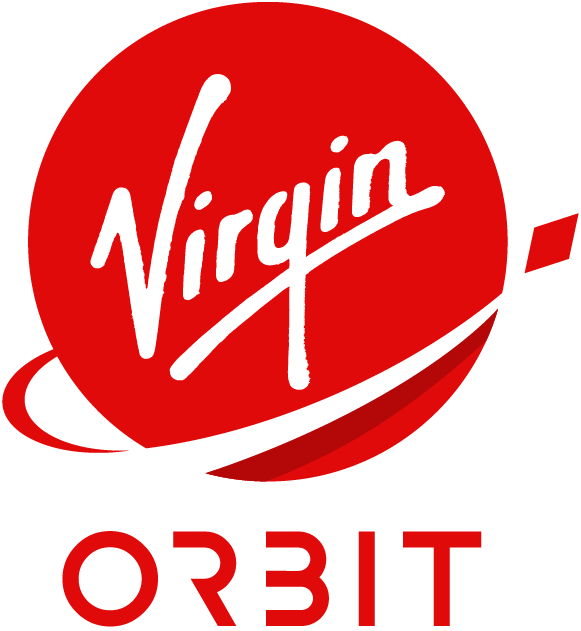 |
 |
|
 |
 |
As a company deeply involved in ensuring space sustainability for the current and future space economy, Vyoma supports data sharing across stakeholders and the facilitation of establishing communication links when conflicts, such as an impending collision, are detected.
In fact, as part of its satellite operations services, Vyoma is currently developing a webplatform that will give stakeholders the possibility to both willingly share information about their respective in-orbit assets and dialogue between all those involved in finding a resolution to collision events. Vyoma intends to be a net contributor of space debris data and a leader in setting standards for space traffic management.
|
 |
 |
|
 |
 |
York Space Systems is a satellite manufacturer and operator providing full turnkey space solutions to our customers. York’s S-Class platform is capable of operating in any orbit, LEO to GEO, making York a stakeholder in the sustainability for all Earth orbits. In being a satellite operator, York wants to ensure the space environment remains in a state where operators’ primary task is ensuring their space assets continue providing services, generating data and/or revenue in a safe manner rather than continually having to pause operations due to unnecessary debris.
In being a satellite manufacturer, York wants to ensure that hardware we put in space is not conducive to the growing debris problem. It is in York’s best interest for space to remain accessible to all and the space debris problem should not be another barrier to entry.
To that extent, York is very interested in keeping space sustainable by voicing our concerns and providing ideas to make space sustainable for generations to come. Being both a satellite manufacturer and operator inherently makes York a stakeholder in space safety and sustainability, however, York wants to take it one step further and be a part of the conversation going forward as this community continues to formulate the best ways to make space sustainable while respecting different stakeholders needs and points of view.
|

